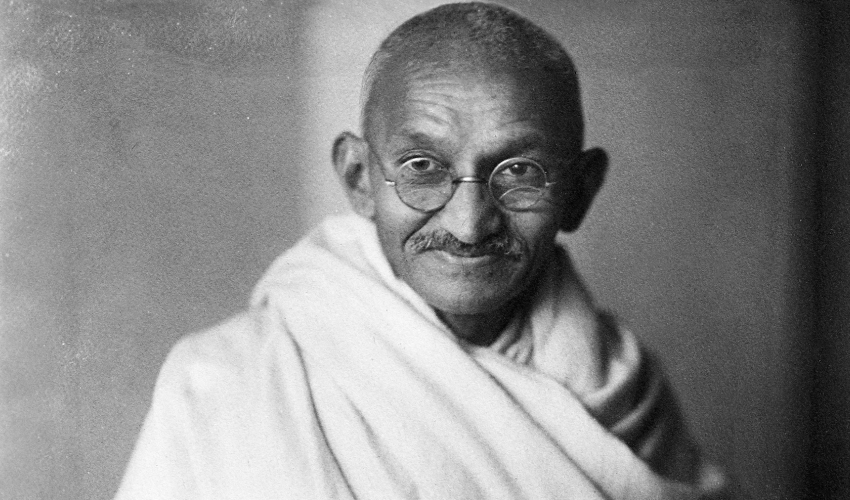
“Hinduism tells everyone to worship God according to his own faith or Dharma and so it lives at peace with all the religions.”
— Mohandas Karamchand Gandhi writing in his journal Young India in 1921.
Religion, or even aspects of religion, can be interpreted and perhaps even remade in various ways. Take the line ascribed to Jesus in Luke 12: I came to the world to light a fire: what should I want but that it burn?” Ingrid D. Rowland writes how, for the famous thinker, mathematician, cosmologist, poet and Dominican friar Giordano Bruno and his mentor Fra Teofilo da Vairano these words represented “a huge blaze of passionate human charity” and “an image of the blazing love that had created both the cosmos and human hearts”. For many of their contemporaries, however, it would mean “the sacking of cities” and “the burning of heretics in the name of religion”.
Hinduism played an integral role not just in Gandhi’s life, but also in his politics and philosophy. Ramachandra Guha writes in his biography Gandhi: The Years That Changed the World: “Despite his long battles with Hindu orthodoxy, Gandhi still called himself a Hindu. Perhaps this was out of sentimental attachment to an ancestral faith, or for tactical reasons, since positioning himself as an outsider would make it harder to persuade India’s Hindu majority of his reformist and egalitarian credo. Yet, Gandhi’s faith resonates closely with spiritual (or intellectual) traditions that are other than ‘Hindu’. The stress on ethical conduct brings him close to Buddhism, while the avowal of non-violence and non-possession is clearly drawn from Jainism. The exaltation of service is far more Christian than Hindu. The emphasis on the dignity of the individual echoes Enlightenment ideas of human rights.”
So did Gandhi actually fashion a novel interpretation of Hinduism, that fit in with a larger syncretic and humanist vision he had for the Indian nation and the world? Or did he simply, perhaps inspired by ideas from other contemporary faiths, look into a vast sea of scripture and pick what he felt would work best?
Gandhi’s own words provide us with some clues. From a Young India article he wrote in 1926:
“I do believe that in the other world there are neither Hindus, nor Christians nor Mussalmans. They all are judged not according to their labels, or professions, but according to their actions, irrespective of their professions. During our earthly existence there will always be these labels. I, therefore, prefer to retain the label of my forefathers so long as it does not cramp my growth and does not debar me from assimilating all that is good anywhere else.”
And writing in the same journal in 1927:
“I know that friends get confused when I say I am a Sanatanist Hindu and they fail to find in me things they associate with a man usually labeled as such. But that is because, in spite of my being a staunch Hindu, I find room in my faith for Christian and Islamic and Zoroastrian teaching, and, therefore, my Hinduism seems to some to be a conglomeration and some have even dubbed me an eclectic. Well, to call a man eclectic is to say that he has no faith, but mine is a broad faith which does not oppose Christians-not even a Plymouth Brother-not even the most fanatical Mussalman. It is a faith based on the broadest possible toleration. I refuse to abuse a man for his fanatical deeds because I try to see them from his point of view. It is that broad faith that sustains me. It is a somewhat embarrassing position, I know-but to others, not to me!”
It was in his interpretation of Hinduism that Gandhi rooted his doctrine of Non-violence (Ahimsa) that led him to interpret the Bhagavad Gita differently from Bal Gangadhar Tilak:
“I do not believe that the Gita teaches violence for doing good. It is pre-eminently a description of the duel that goes on in our own hearts. The divine author has used a historical incident for inculcating the lesson of doing one’s duty even at the peril of one’s life.” (Young India, 1920)
Similarly, his idea of Satyagraha or holding on (graha) to the truth (satya) during non-violent resistance:
“My Hinduism is not sectarian. It includes all that I know to be best in Islam, Christianity, Buddhism and Zoroastrianism….Truth is my religion and ahimsa is the only way of its realization. I have rejected once and for all the doctrine of the sword.” (Harijan, 1938)
Or, indeed, Gandhi’s idea of Ramarajya, encompassing not just justice and welfare but also inclusiveness:
“By Ramarajya I do not mean Hindu Raj. I mean by Ramarajya Divine Raj, the Kingdom of God. For me Rama and Rahim are one and the same deity. I acknowledge no other God but the one God of truth and righteousness. Whether Rama of my imagination ever lived or not on this earth, the ancient ideal of Ramarajya is undoubtedly one of true democracy in which the meanest citizen could be sure of swift justice without an elaborate and costly procedure. Even the dog is described by the poet to have received justice under Ramarajya.” (Young India, 1929)
Diwali being a festival of Rama, a god very much in conversation nowadays, we present here below what Gandhi had to say about Diwali on three separate occasions.
The first, an article written in Navajivan (a Gujarati weekly published by him from 1919 to 1931) in 1920, talks about how Indians must celebrate Diwali during the British Raj. The article touches upon conservative ideas that address both the Hindu and Muslim faith. After castigating the Raj by comparing it to “a king who massacres his innocent subjects” he compares it to one “who trades in wine, hemp and opium, who, by eating pork, hurts the feelings of Muslims and, by eating beef, the feelings of Hindus, who threatens the very existence of Islam and gambles at horse-racing”. He then expands on his idea of Ramarajya quickly before laying out how Swaraj would be necessary for this Ramarajya. And “non-cooperation” with a tyrannical government would be necessary for Swaraj. In this context he talks about what Indians must not do during Diwali as well as what they must.
The second item is a brief note written by Gandhi in 1931 that connects Swaraj to Diwali.
The third is an abridged English translation of a Hindi speech delivered at a prayer meeting, post-Swaraj, on the occasion of independent India’s first Diwali. But post-Swaraj was also post-partition, and so, in it, we discover a turn in Gandhi’s thinking from his past writings of over one and a half decades ago. For, though Swaraj is technically a reality: “But alas! Today there is no Ramarajya in India. So how can we celebrate Diwali?”
Can we “kindle the light of love within” and say that “every sufferer”, regardless of religion, is our “brother and sister”? Can we “banish hatred and suspicion” from our hearts “in order to establish peace and goodwill in the country”? What about the bloodshed in Kashmir? We have published below, along with the abridged English translation, an audio recording of the original nearly twenty-five minute long Hindi speech.
Gandhi’s words, written and spoken at different moments in the first half of the last century, may well give us pause on this Diwali as well.
It would be no exaggeration to say that in this kaliyuga we have no right to celebrate Diwali with so much jubilation. Our celebrating Diwali implies that we feel we are living in Ramarajya. Do we have Ramarajya in India today?
A king who is not prepared to listen to his subjects, under whose rule the subjects get no milk to drink, no food to eat and no cloth to wear, a king who massacres his innocent subjects, who trades in wine, hemp and opium, who, by eating pork, hurts the feelings of Muslims and, by eating beef, the feelings of Hindus, who threatens the very existence of Islam and gambles at horse-racing — how can the subjects of such a king celebrate Diwali?
I am convinced that never under Mughal rule, or at any other time, were the people so thoroughly emasculated as they are today. This is no accidental result but has been deliberately brought about, and so I look upon this rule as Ramarajya. The government we dream of, I describe as Ramarajya. Swaraj alone can be such Ramarajya.
How may we establish it?
In former times, the subjects did tapascharya when they were oppressed. They believed that it was because of their sins that they got a wicked king and so they tried to purify themselves. The first step in this was to recognize a monster as such and avoid him, to non-cooperate with him. Even non-cooperation requires courage. To cultivate it, one needs to give up comforts and pleasures. To receive education provided by a wicked Government, to accept honours at its hands, to seek settlement of one’s disputes through its agency, to help it in framing laws, to provide it with policemen, to wear cloth produced by it, to do this while desiring that it should perish is like trying to cut off the branch on which one is sitting.
This, at any rate, we should not do during Diwali:
This is the duty dictated by these difficult times. When we have the Government of our dream, we may enjoy some innocent pleasures. At present, however, the people are in mourning, they are widowed. At such a time, they can have no celebrations.
True Diwali will come when Swaraj is won. Let us remember that Diwali represents the annual celebration of the victory of the forces of Rama — that is, non-violence and truth — over those of Ravana — violence and untruth.
London, November 9, 1931
Bombay Chronicle, November 10, 1931
Brothers and Sisters,
Today is Diwali and I congratulate all of you on the occasion. It is a great day in the Hindu calendar. According to the Vikram Samvat, New Year begins tomorrow on Thursday. You must understand why Diwali is celebrated every year with illuminations. In the great battle between Rama and Ravana, Rama symbolized the forces of good and Ravana the forces of evil. Rama conquered Ravana and this victory established Ramarajya in India.
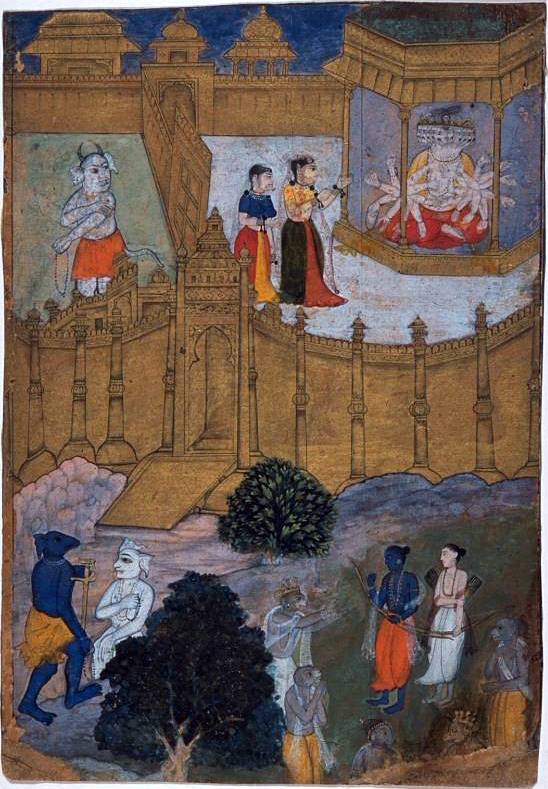
Mandodari approaches her husband Ravana while Rama and his allies convene outside the palace, from a manuscript of the Ramayana. Date: 1595-1605; commissioned by the Mughal emperor Akbar. Photo-credit: Asian Art Museum.
But alas! Today there is no Ramarajya in India. So how can we celebrate Diwali? Only those who have Rama within can celebrate this victory. For, God alone can illumine our souls and only that light is real light. The bhajan that was sung today emphasizes the poet’s desire to see God. Crowds of people go to see artificial illumination but what we need today is the light of love in our hearts. We must kindle the light of love within. Then only would we deserve congratulations. Today thousands are in acute distress. Can you, everyone of you, lay your hand on your heart and say that every sufferer, whether Hindu, Sikh or Muslim, is your own brother or sister? This is the test for you. Rama and Ravana are symbols of the unending struggle between the forces of good and evil. True light comes from within.
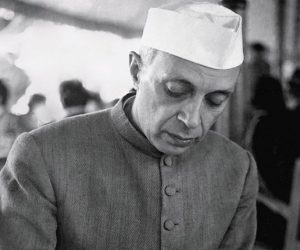
Pandit Jawaharlal Nehru
With what a sad heart has Pandit Jawaharlal Nehru returned after seeing wounded Kashmir! He was unable to attend the Working Committee meeting yesterday and also this afternoon. He has brought some flowers from Baramulla for me. I always cherish such gifts of nature. But today loot, arson and bloodshed have spoiled the beauty of that lovely land. Jawaharlal had been to Jammu also. There too all is not well.
Sardar Patel had to go to Junagadh at the request of Shri Shamaldas Gandhi and Dhebarbhai who had sought his advice. Both Jinnah and Bhutto are angry because they feel that the Indian Government has deceived them and is pressing Junagadh to accede to the Union.
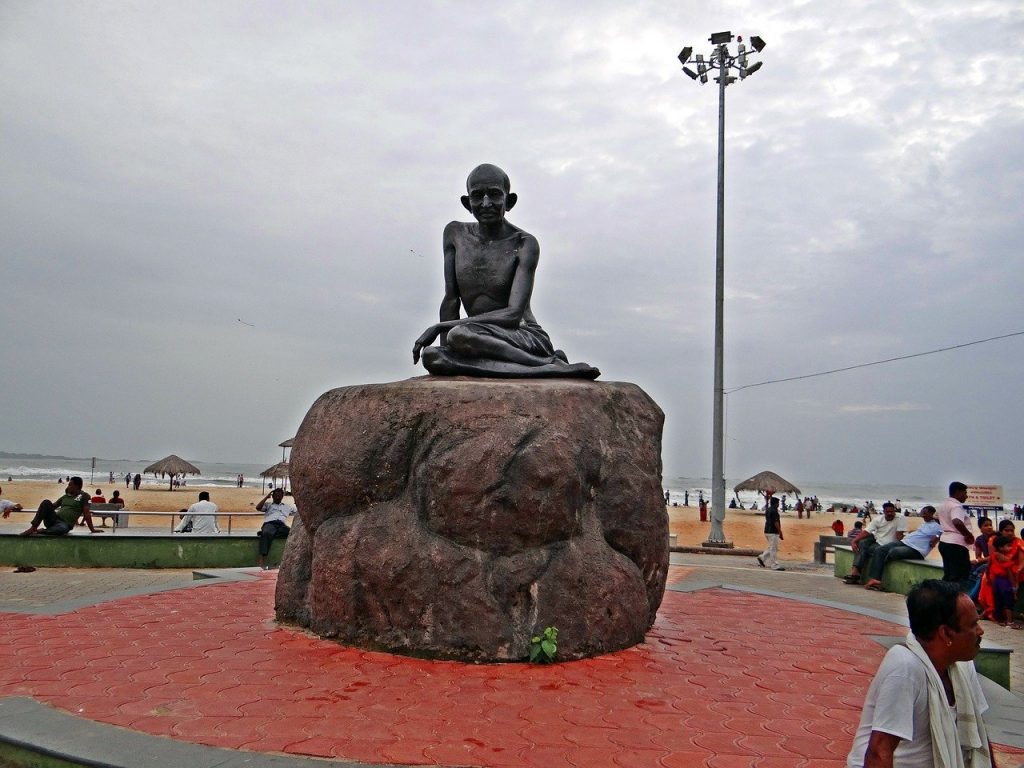
Mahatma Gandhi Statue at Malpe Beach, Udupi, Karnataka.
It is the duty of everyone to banish hatred and suspicion from his heart in order to establish peace and goodwill in the country. If you do not feel the presence of God within you and do not forget your petty internal quarrels, success in Kashmir or Junagadh would prove futile. Diwali cannot be celebrated till you bring back all the Muslims who have fled in fear. Pakistan also would not survive if it does not do likewise with the Hindus and Sikhs who have run away from there.
Tomorrow I shall tell you what I can about the Congress Working Committee. May you and all India be happy in the new year which begins on Thursday. May God illumine your hearts so that you can serve not only each other or India but the whole world.
Gandhi’s speech to an independent India on its first Diwali, in 1947, and its abridged translation has been sourced from https://archive.org/. ‘How To Celebrate Diwali?’ and Gandhi’s note from 1931 was a part of a compilation of Gandhi’s speeches and writings in the book Hinduism According to Gandhi: Thoughts, Writings and Critical Interpretation. You can buy the book here.
To write a short biography for a personality like Mohanchand Karamchand Gandhi, who kept redefining himself and his impact, and whose enormous persona and impact the world is still struggling to define, would be an audacity. If one were to attempt such an audacity, one would perhaps say that this man, accorded the title ‘Mahatma’ (loose translation: ‘great soul’) cast a gigantic influence over the twentieth century and continues to cast one over the twenty first. As a political figure he arguably did more than anyone else to bring the British Raj down. As a practical philosopher his legacy of non-violence and satyagraha remains invaluable. But along with the ills of a tyrannical government, Gandhi also fought the ills of an oppressive society, along the faultlines of caste, gender and religion. He ran many journalistic publications and outlined his distinct body of thought in many books. You can read more about him and his work here.
| 2500 BC - Present | |
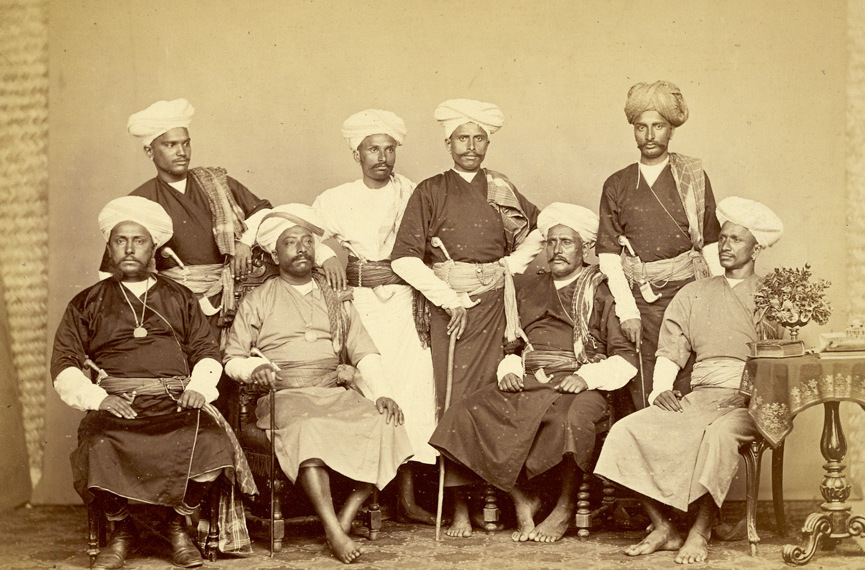
|
2500 BC - Present |
| Tribal History: Looking for the Origins of the Kodavas | |
| 2200 BC to 600 AD | |
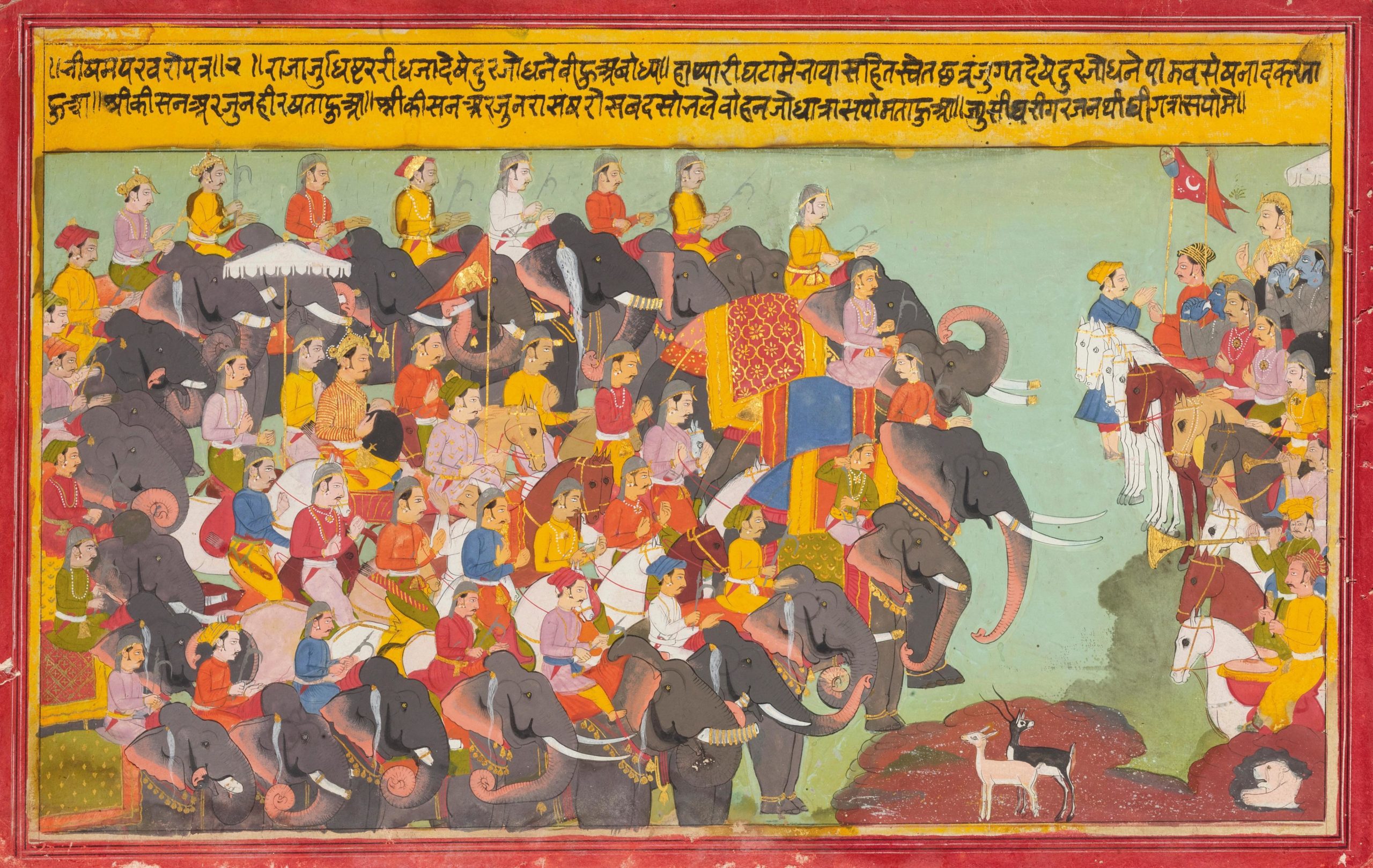
|
2200 BC to 600 AD |
| War, Political Violence and Rebellion in Ancient India | |
| 400 BC to 1001 AD | |
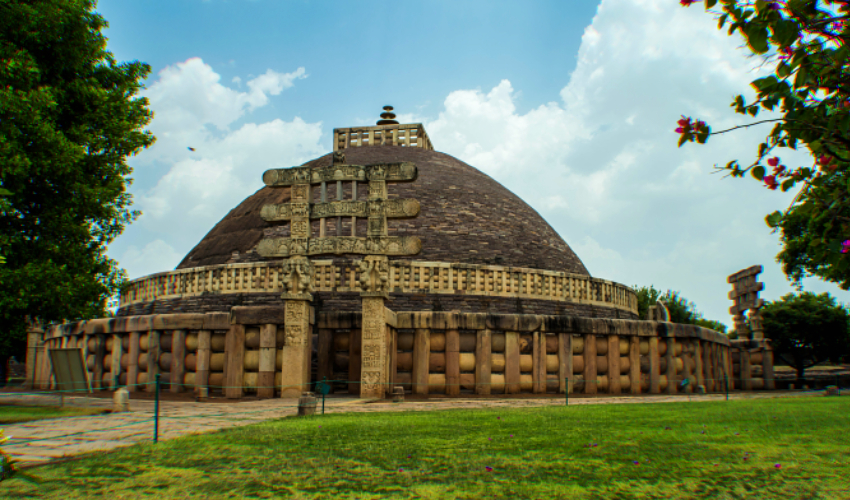
|
400 BC to 1001 AD |
| The Dissent of the ‘Nastika’ in Early India | |
| 600CE-1200CE | |
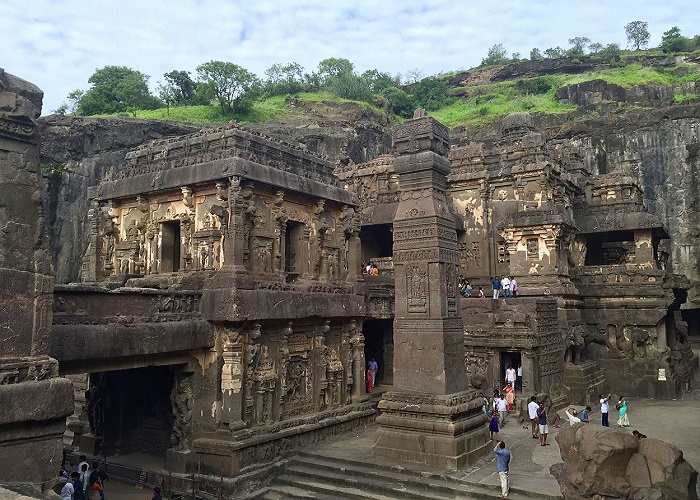
|
600CE-1200CE |
| The Other Side of the Vindhyas: An Alternative History of Power | |
| c. 700 - 1400 AD | |
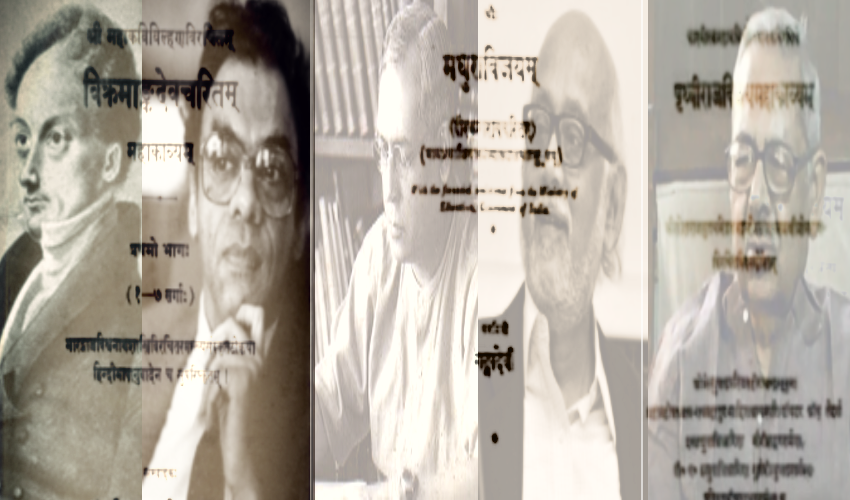
|
c. 700 - 1400 AD |
| A Historian Recommends: Representing the ‘Other’ in Indian History | |
| c. 800 - 900 CE | |
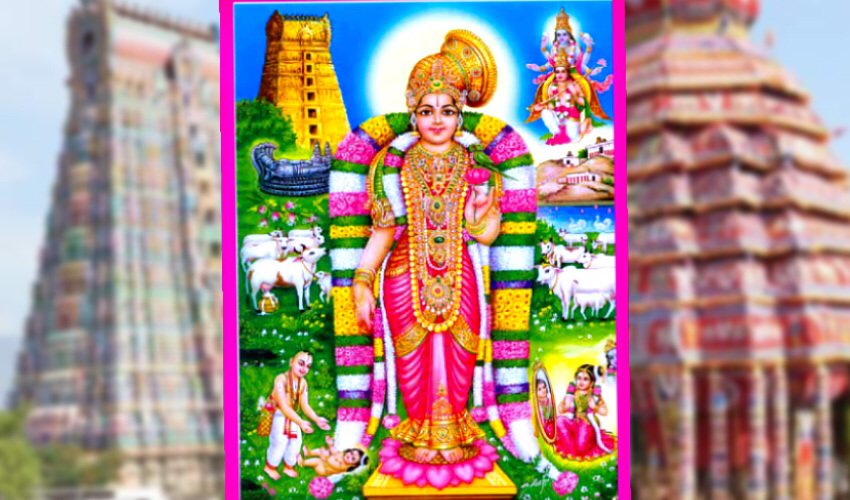
|
c. 800 - 900 CE |
| ‘Drape me in his scent’: Female Sexuality and Devotion in Andal, the Goddess | |
| 1192 | |
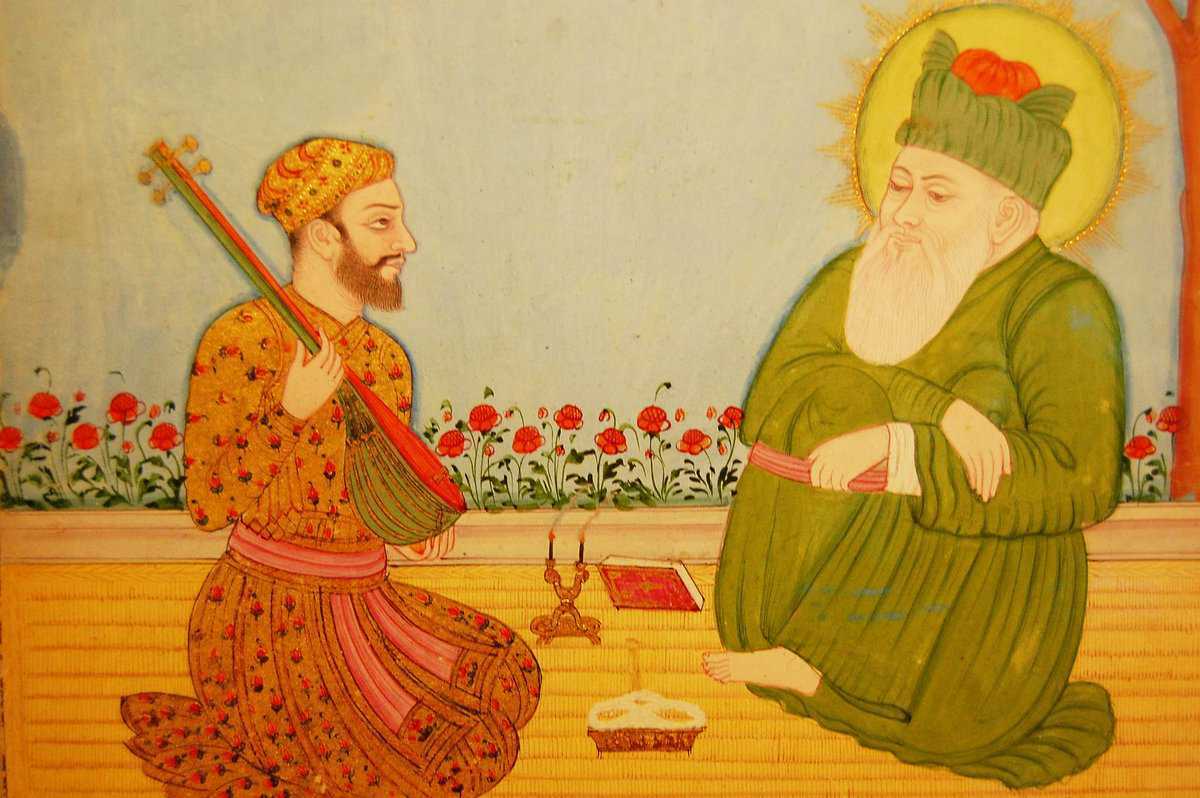
|
1192 |
| Sufi Silsilahs: The Mystic Orders in India | |
| 1200 - 1850 | |
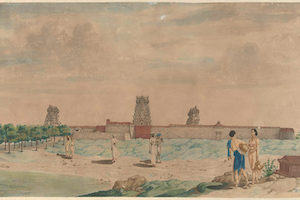
|
1200 - 1850 |
| Temples, deities, and the law. | |
| c. 1500 - 1600 AD | |
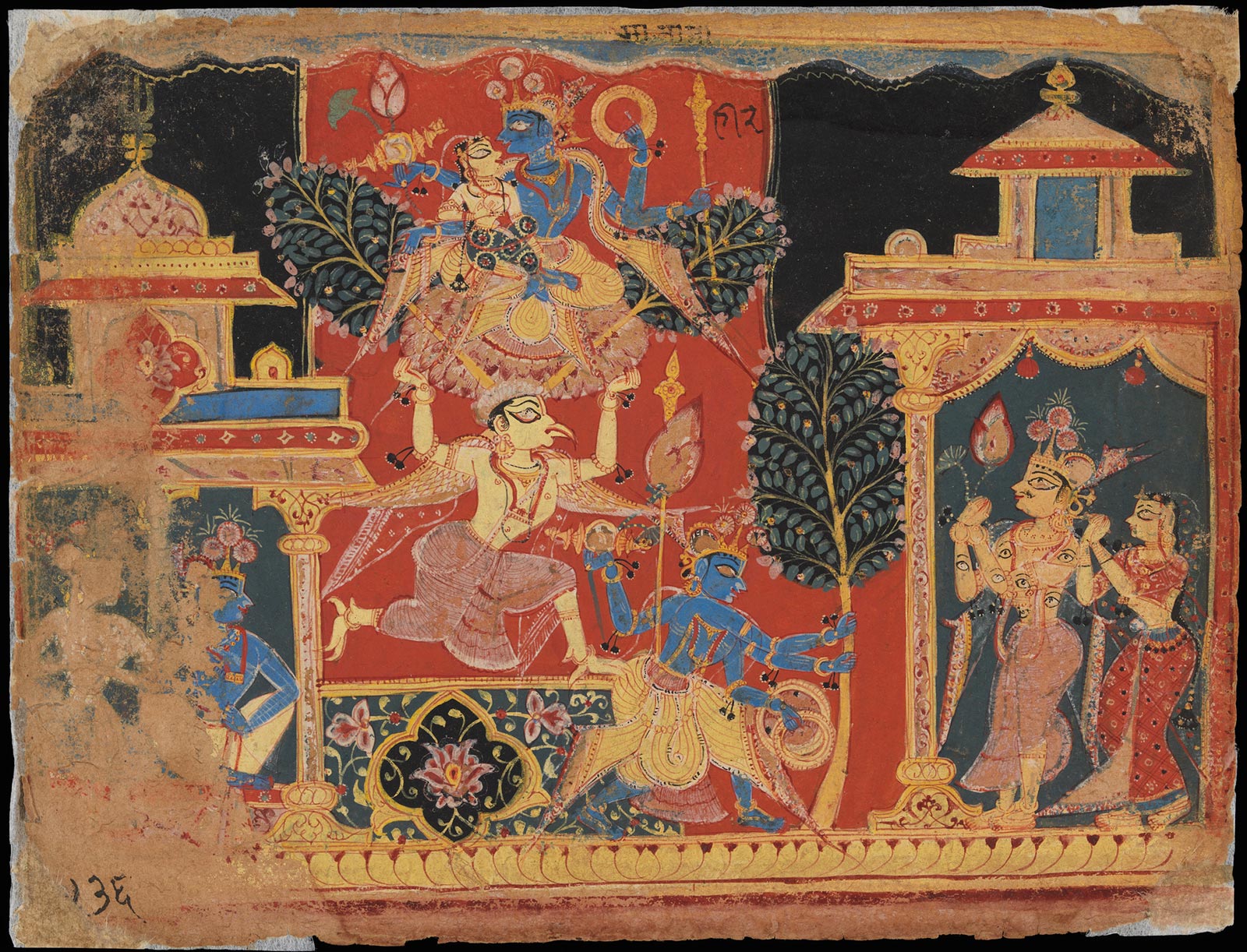
|
c. 1500 - 1600 AD |
| A Historian Recommends: Religion in Mughal India | |
| 1200-2020 | |
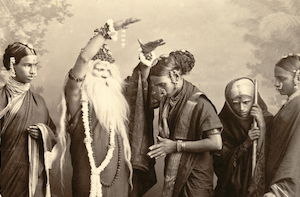
|
1200-2020 |
| Policing Untouchables and Producing Tamasha in Maharashtra | |
| 1530-1858 | |

|
1530-1858 |
| Rajputs, Mughals and the Handguns of Hindustan | |
| 1575 | |
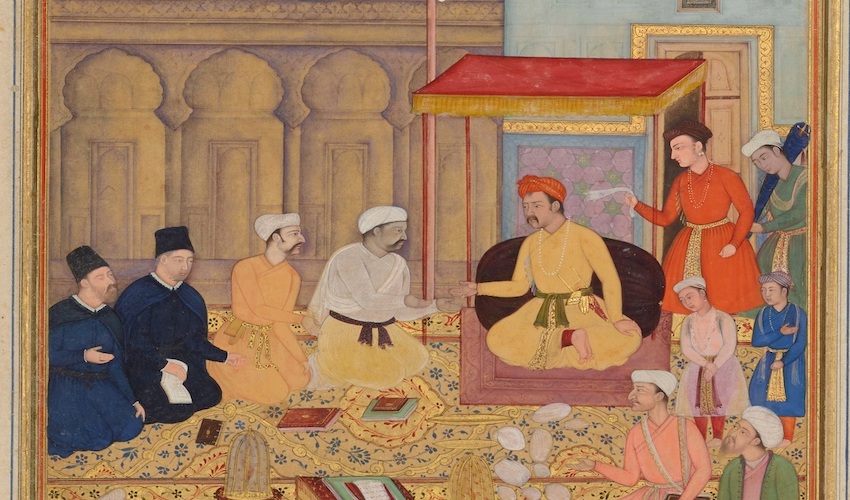
|
1575 |
| Abdul Qadir Badauni & Abul Fazl: Two Mughal Intellectuals in King Akbar‘s Court | |
| 1579 | |
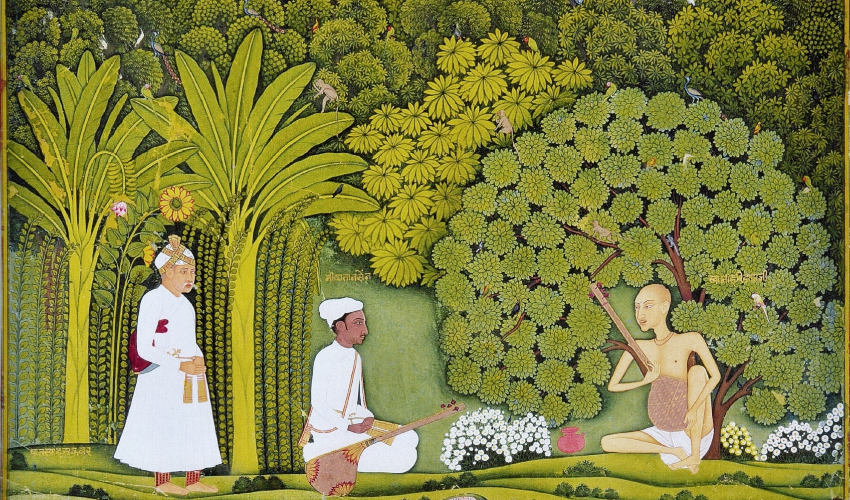
|
1579 |
| Padshah-i Islam | |
| 1550-1800 | |
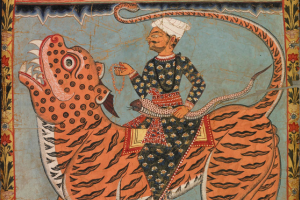
|
1550-1800 |
| Who are the Bengal Muslims? : Conversion and Islamisation in Bengal | |
| c. 1600 CE-1900 CE | |
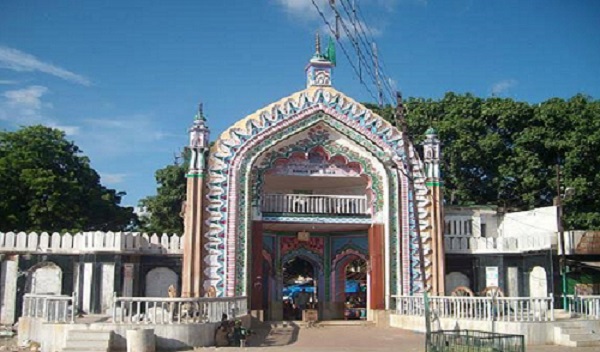
|
c. 1600 CE-1900 CE |
| The Birth of a Community: UP’s Ghazi Miyan and Narratives of ‘Conquest’ | |
| 1553 - 1900 | |
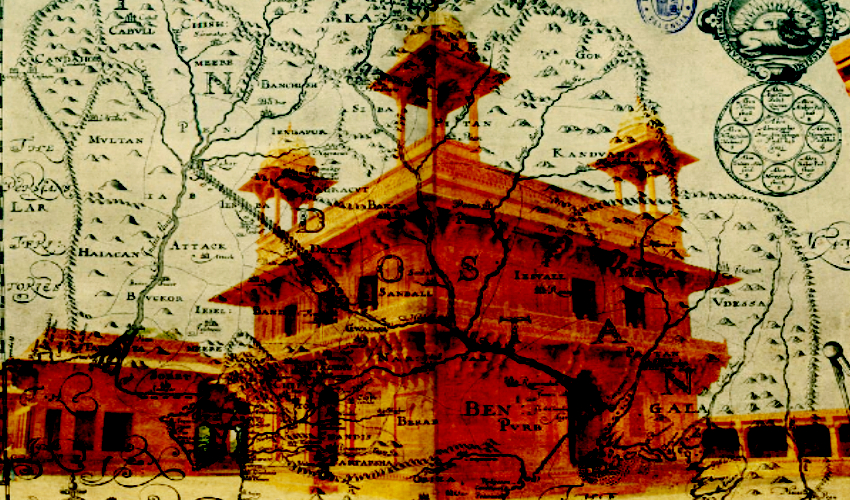
|
1553 - 1900 |
| What Happened to ‘Hindustan’? | |
| 1630-1680 | |
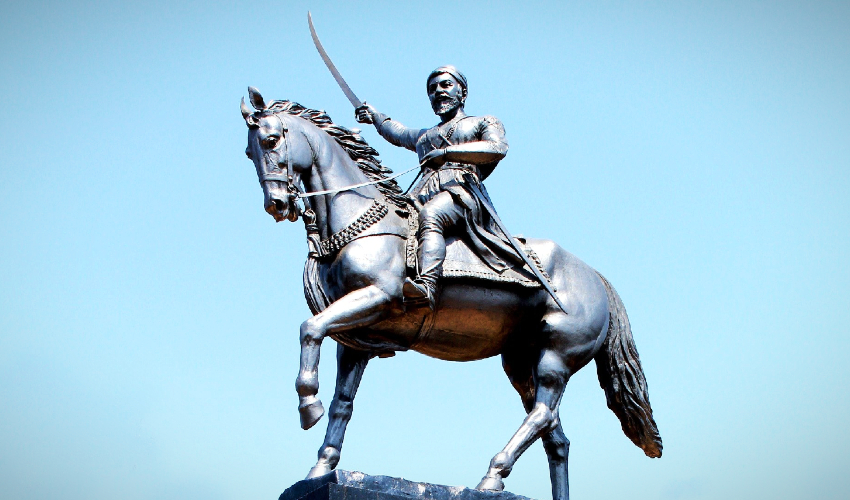
|
1630-1680 |
| Shivaji: Hindutva Icon or Secular Nationalist? | |
| 1630 -1680 | |
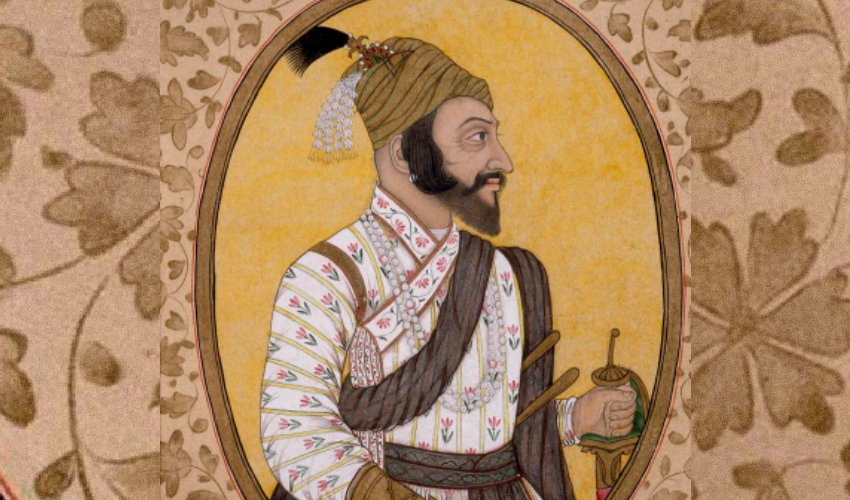
|
1630 -1680 |
| Shivaji: His Legacy & His Times | |
| c. 1724 – 1857 A.D. | |

|
c. 1724 – 1857 A.D. |
| Bahu Begum and the Gendered Struggle for Power | |
| 1818 - Present | |
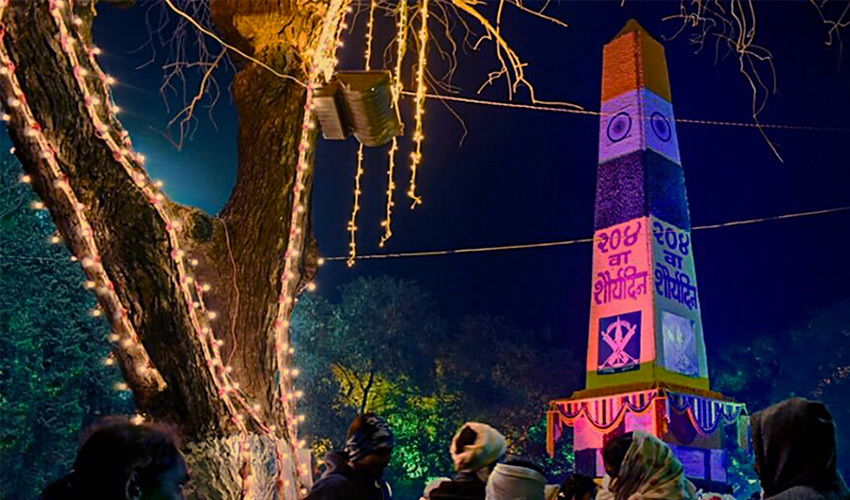
|
1818 - Present |
| The Contesting Memories of Bhima-Koregaon | |
| 1831 | |
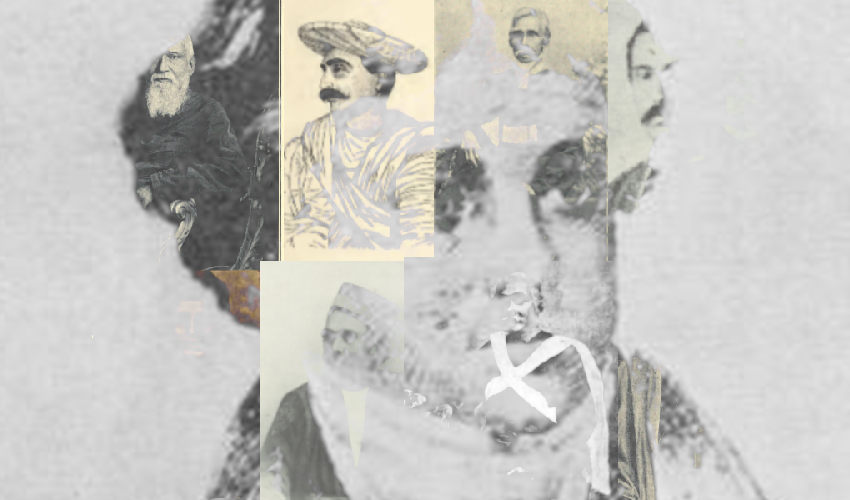
|
1831 |
| The Derozians’ India | |
| 1855 | |
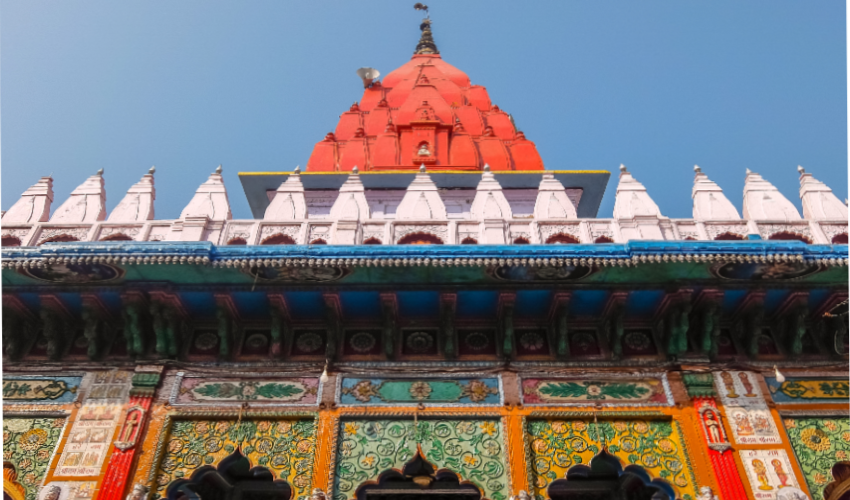
|
1855 |
| Ayodhya 1855 | |
| 1856 | |
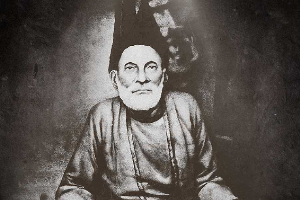
|
1856 |
| “Worshipping the dead is not an auspicious thing” — Ghalib | |
| 1857 | |
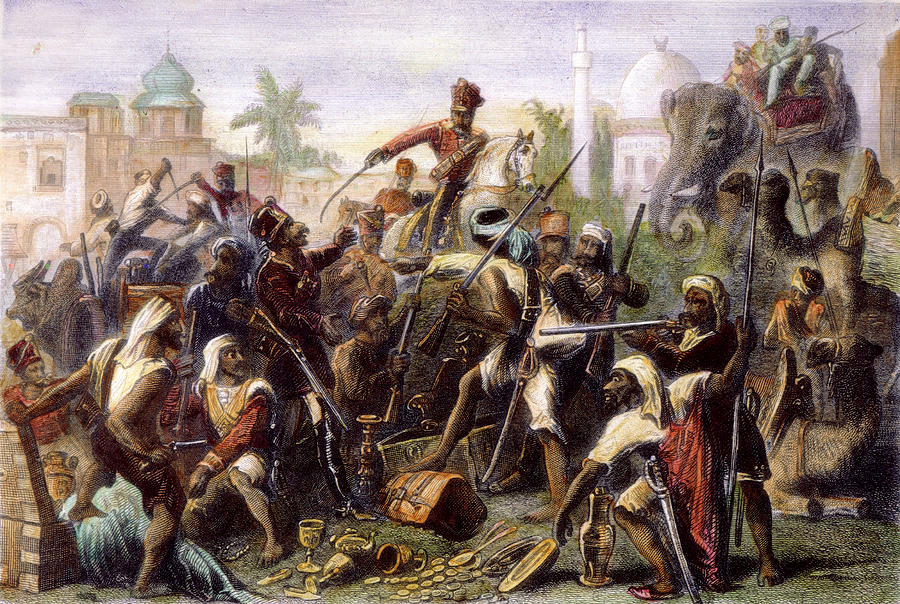
|
1857 |
| A Subaltern speaks: Dalit women’s counter-history of 1857 | |
| 1858 - 1976 | |
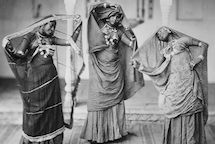
|
1858 - 1976 |
| Lifestyle as Resistance: The Curious Case of the Courtesans of Lucknow | |
| 1883 - 1894 | |
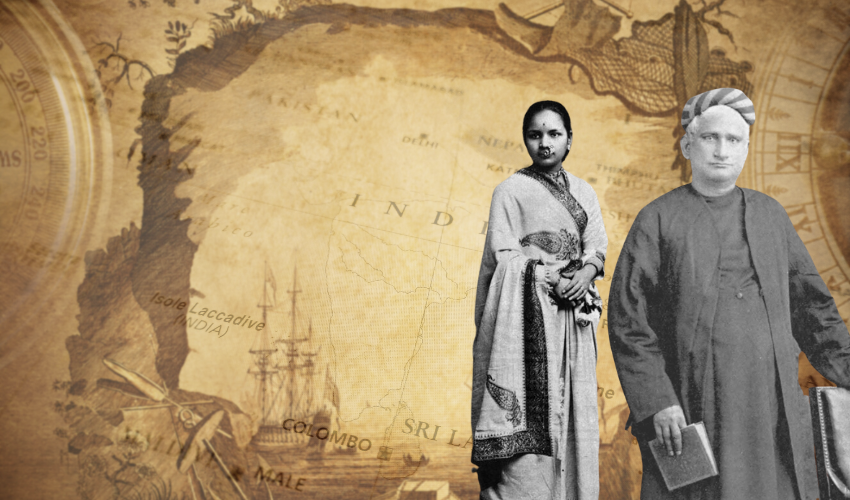
|
1883 - 1894 |
| The Sea Voyage Question: A Nineteenth century Debate | |
| 1887 | |
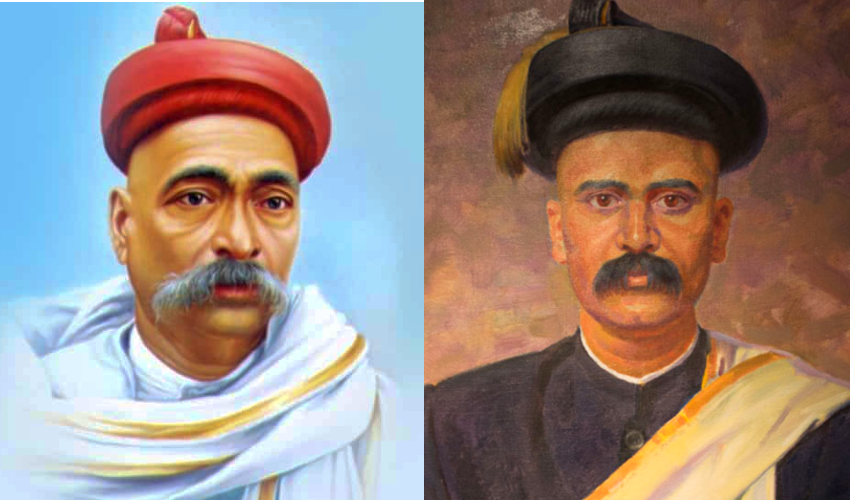
|
1887 |
| The Great Debaters: Tilak Vs. Agarkar | |
| 1893-1946 | |
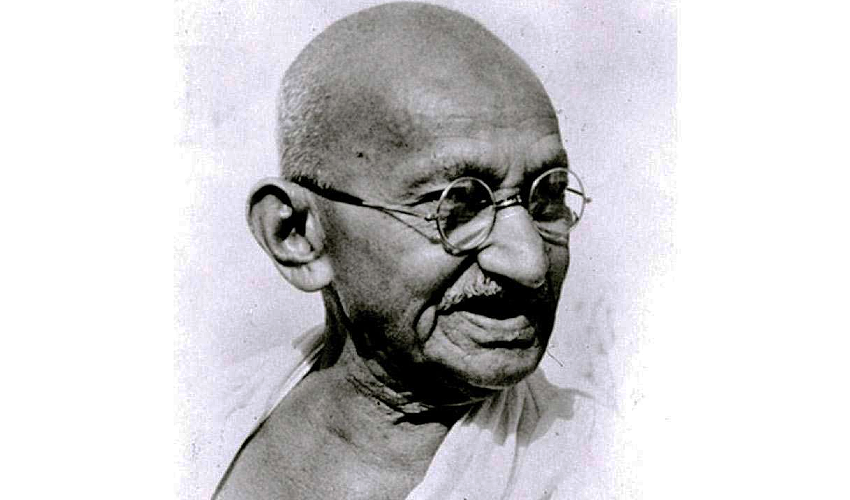
|
1893-1946 |
| A Historian Recommends: Gandhi Vs. Caste | |
| 1897 | |
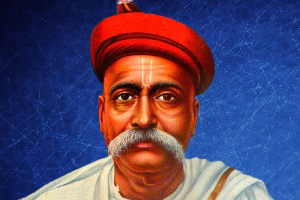
|
1897 |
| Queen Empress vs. Bal Gangadhar Tilak: An Autopsy | |
| 1913 - 1916 Modern Review | |
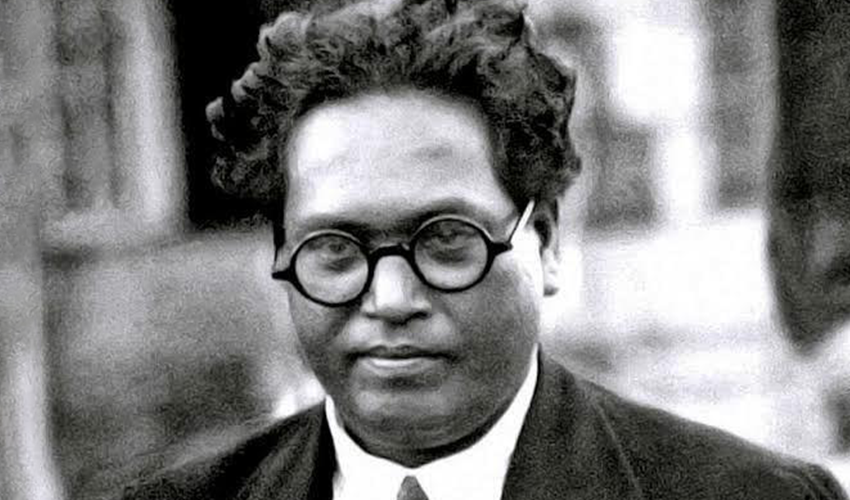
|
1913 - 1916 |
| A Young Ambedkar in New York | |
| 1916 | |
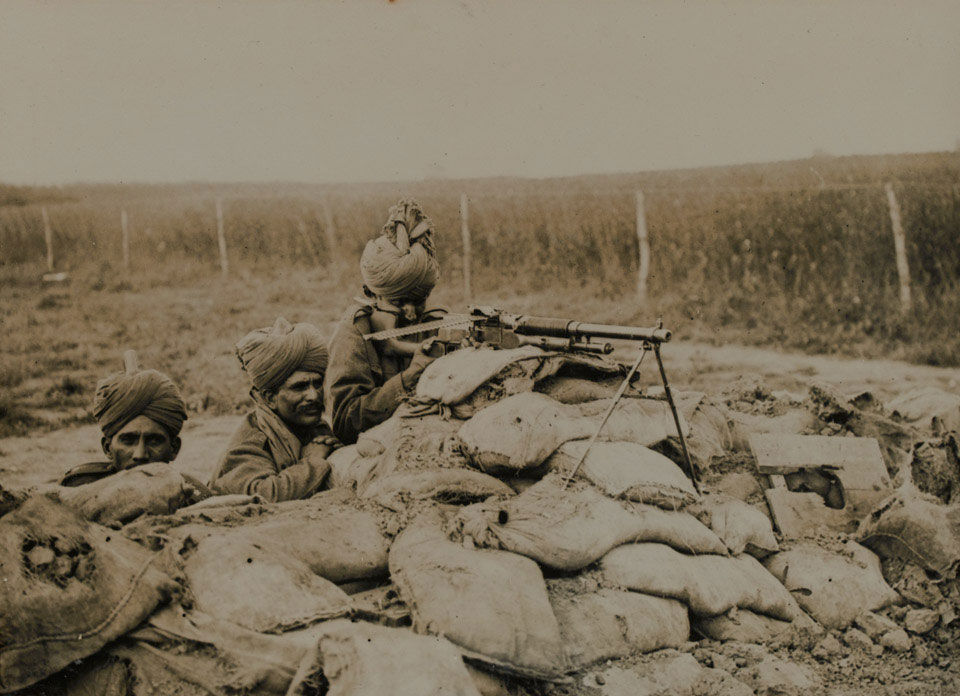
|
1916 |
| A Rare Account of World War I by an Indian Soldier | |
| 1917 | |
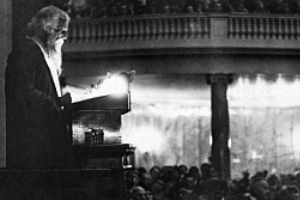
|
1917 |
| On Nationalism, by Tagore | |
| 1918 - 1919 | |
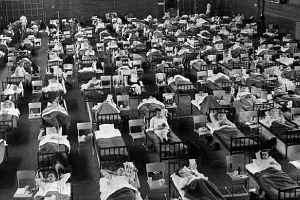
|
1918 - 1919 |
| What Happened to the Virus That Caused the World’s Deadliest Pandemic? | |
| 1920 - 1947 | |

|
1920 - 1947 |
| How One Should Celebrate Diwali, According to Gandhi | |
| 1921 | |
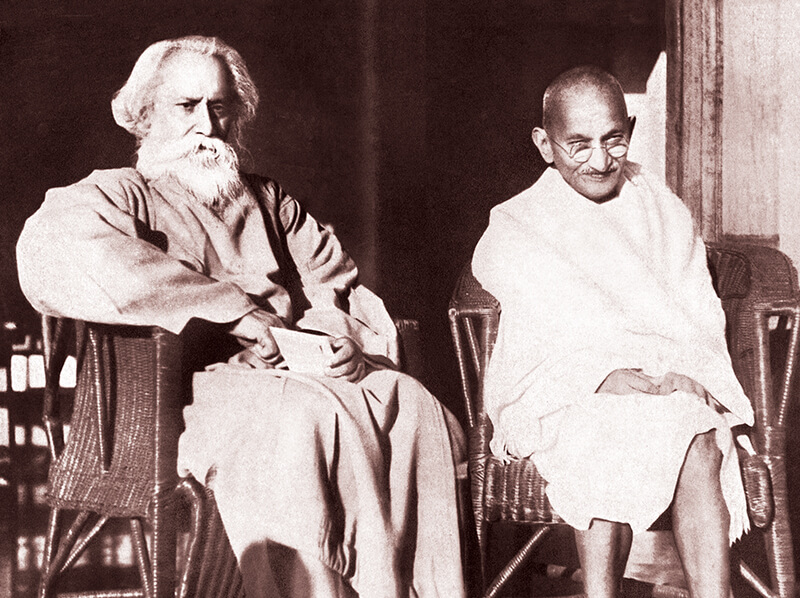
|
1921 |
| Great Debates: Tagore Vs. Gandhi (1921) | |
| 1921 - 2015 | |
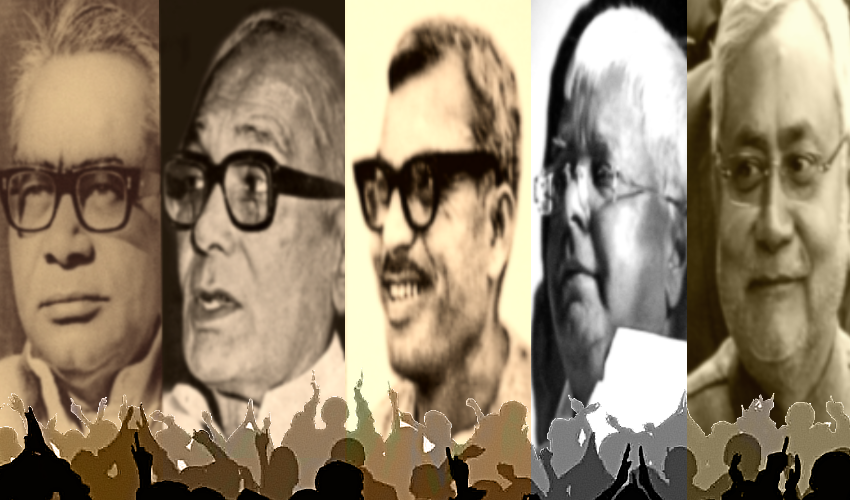
|
1921 - 2015 |
| A History of Caste Politics and Elections in Bihar | |
| 1915-1921 | |
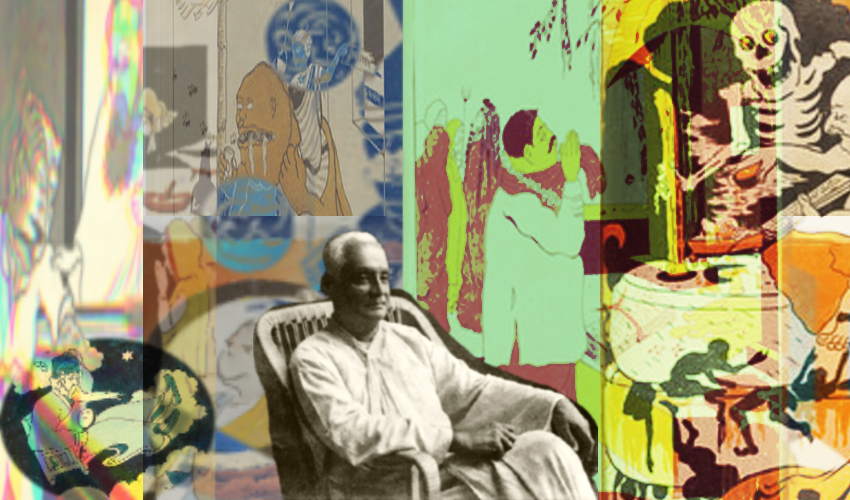
|
1915-1921 |
| The Satirical Genius of Gaganendranath Tagore | |
| 1924-1937 | |
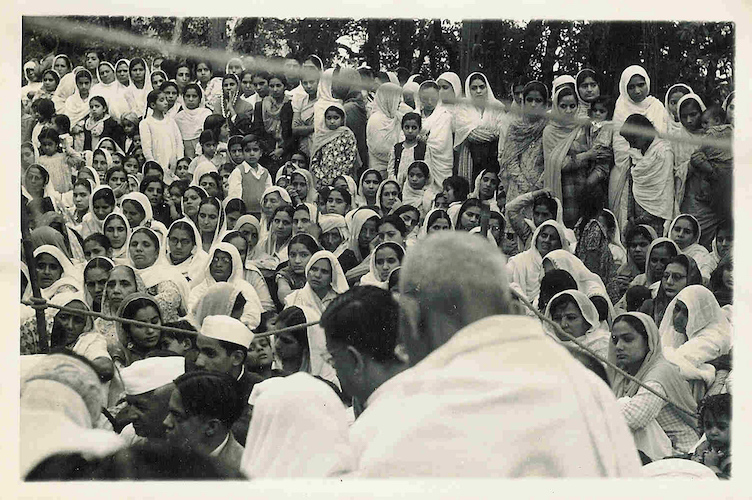
|
1924-1937 |
| What were Gandhi’s Views on Religious Conversion? | |
| 1900-1950 | |
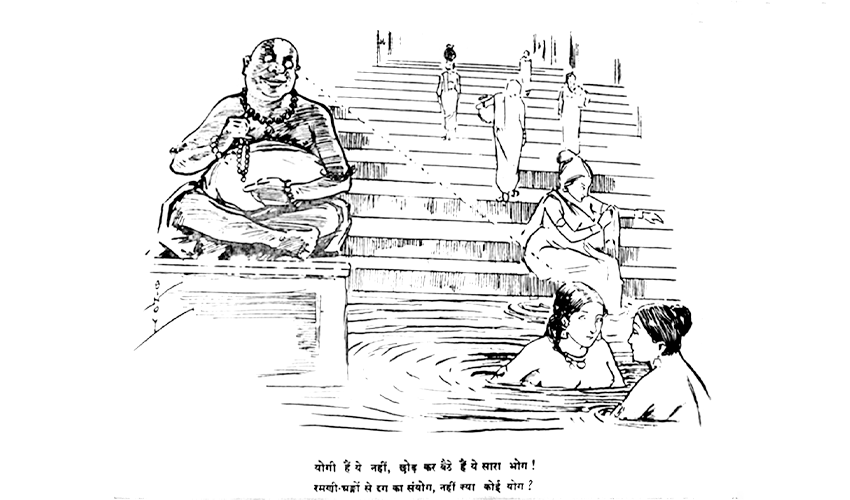
|
1900-1950 |
| Gazing at the Woman’s Body: Historicising Lust and Lechery in a Patriarchal Society | |
| 1925, 1926 | |
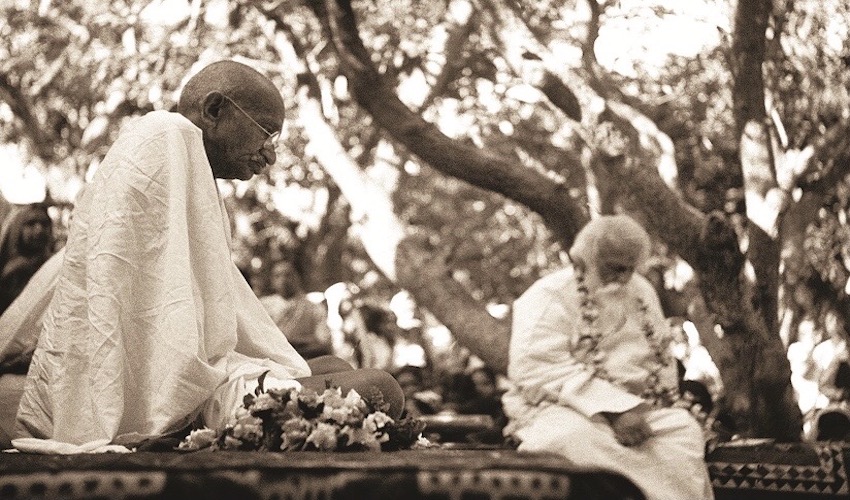
|
1925, 1926 |
| Great Debates: Tagore vs Gandhi (1925-1926) | |
| 1928 | |
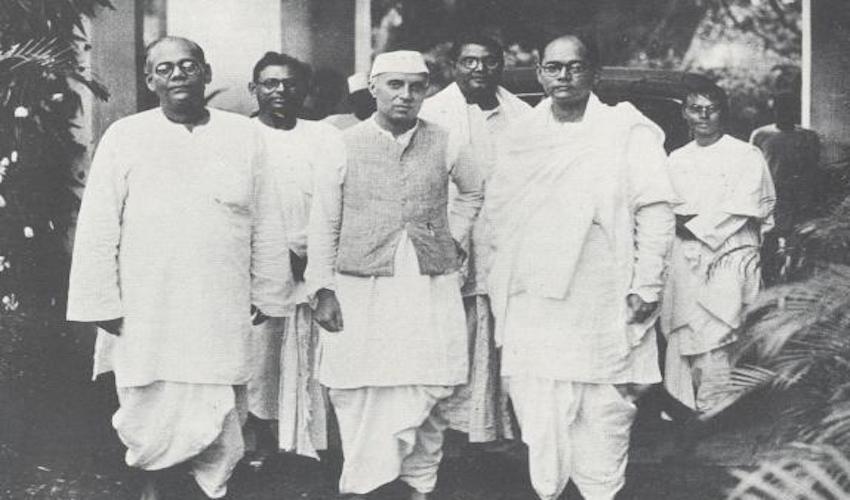
|
1928 |
| Bhagat Singh’s dilemma: Nehru or Bose? | |
| 1930 Modern Review | |
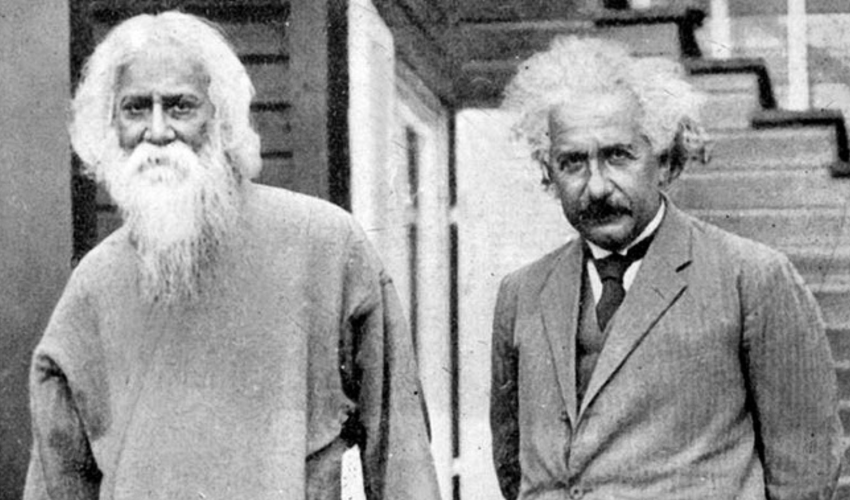
|
1930 |
| The Modern Review Special: On the Nature of Reality | |
| 1932 | |
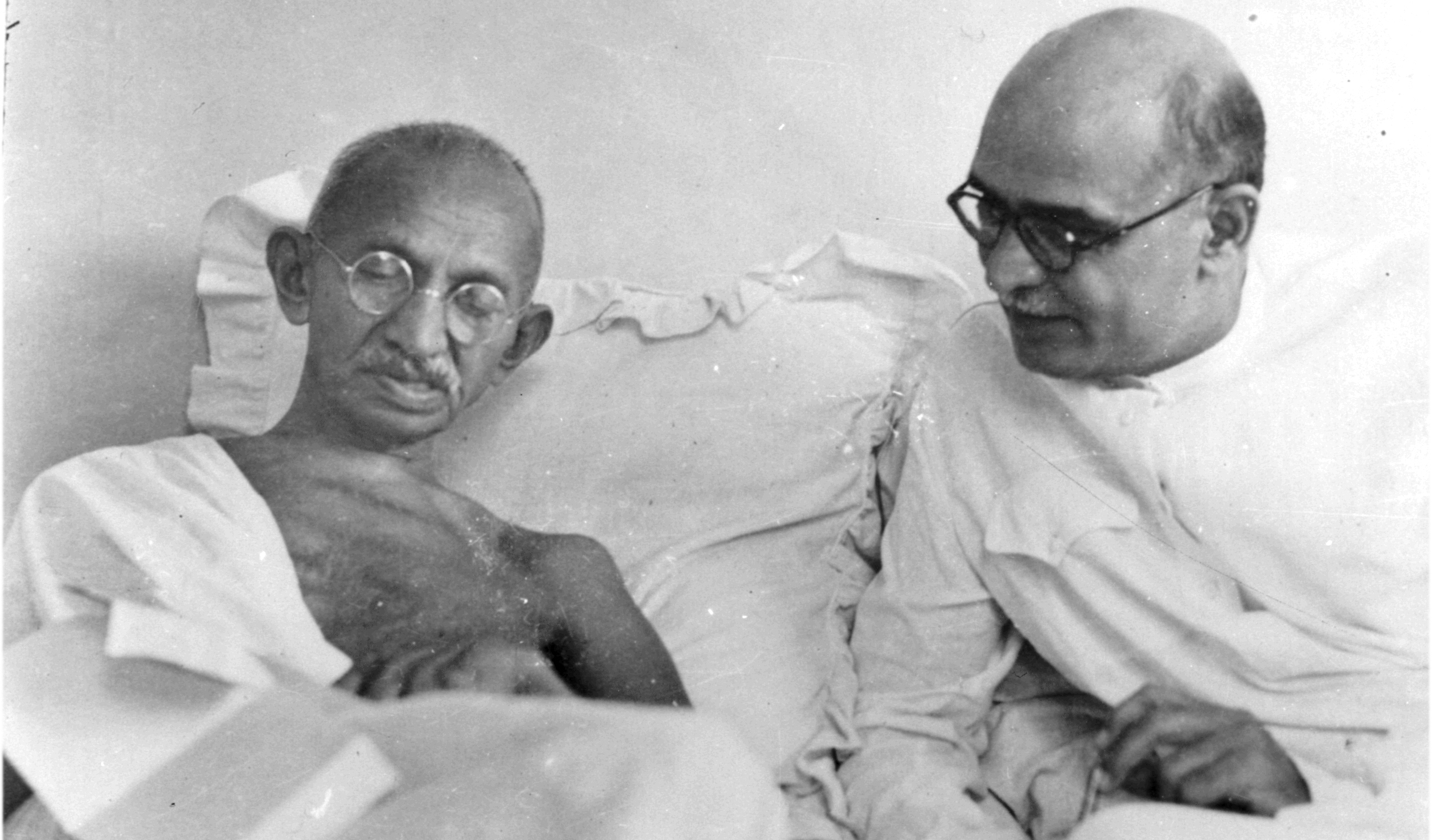
|
1932 |
| Caste, Gandhi and the Man Beside Gandhi | |
| 1933 - 1991 | |
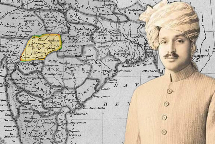
|
1933 - 1991 |
| Raghubir Sinh: The Prince Who Would Be Historian | |
| 1935 | |
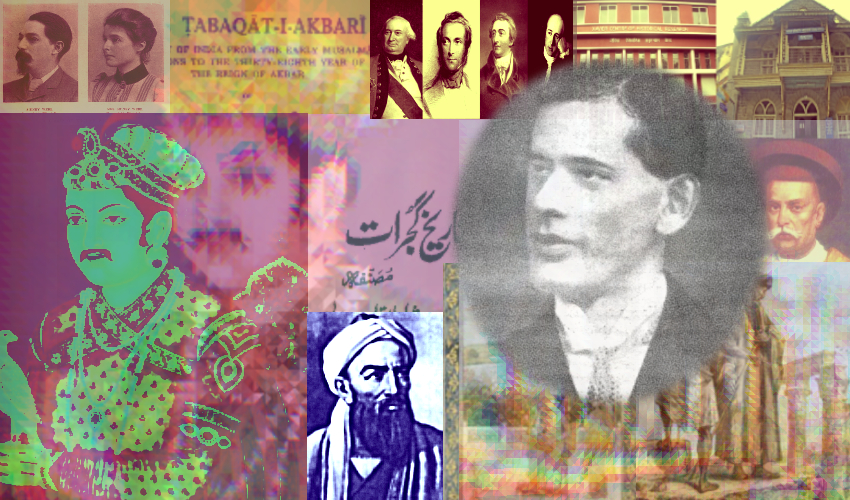
|
1935 |
| A Historian Recommends: SA Khan’s Timeless Presidential Address | |
| 1865-1928 | |
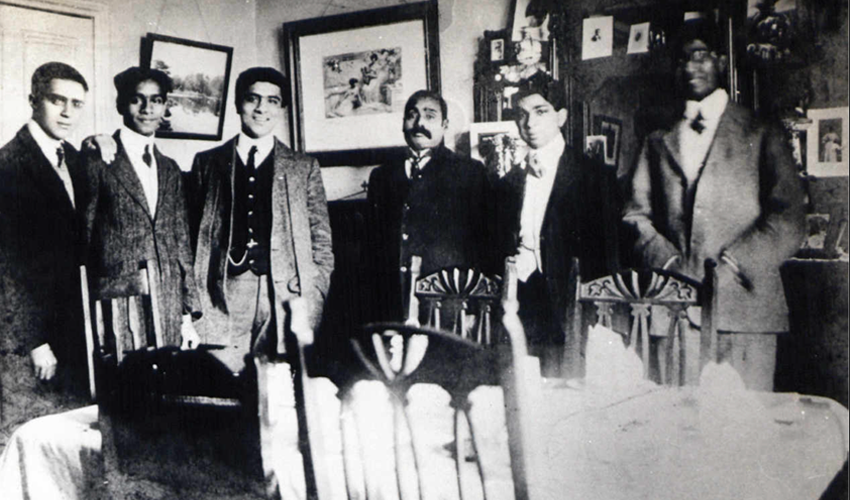
|
1865-1928 |
| Understanding Lajpat Rai’s Hindu Politics and Secularism | |
| 1935 Modern Review | |
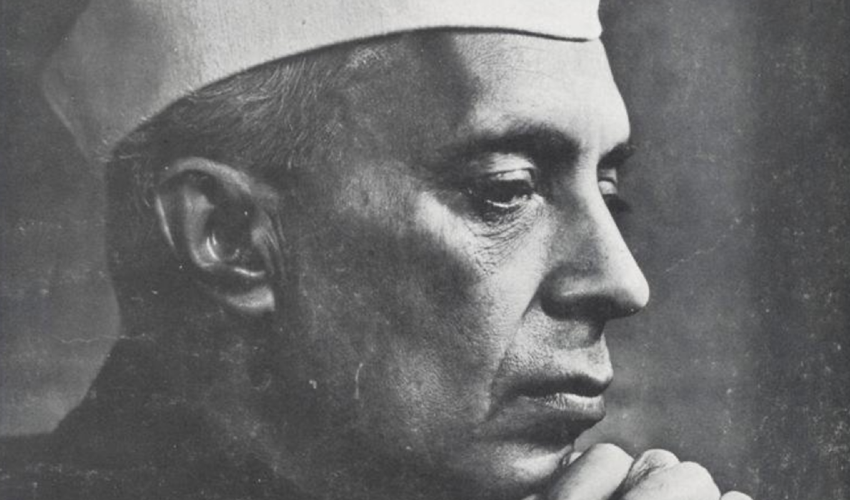
|
1935 |
| The Modern Review Special: The Mind of a Judge | |
| 1936 Modern Review | |
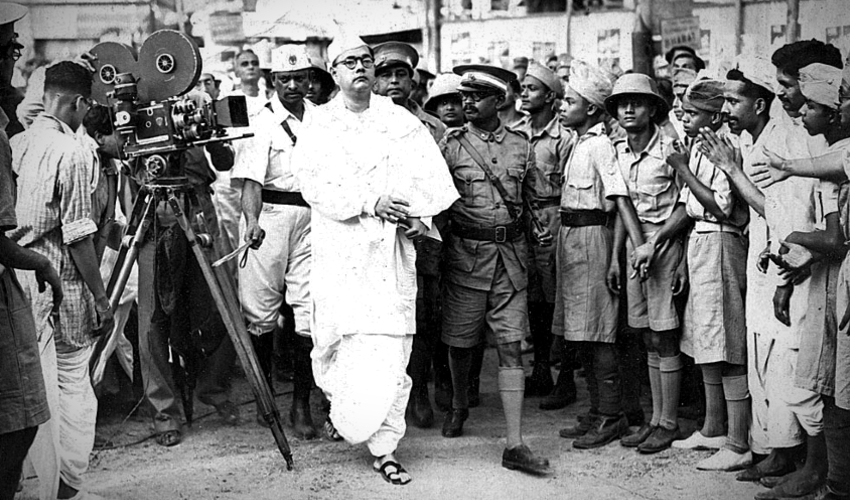
|
1936 |
| The Modern Review Special: When Netaji Subhas Bose Was Wrongfully Detained for ‘Terrorism’ | |
| 1936 | |

|
1936 |
| Annihilation of Caste: Part 1 | |
| 1936 Modern Review | |

|
1936 |
| The Modern Review Special: An Indian MP in the British Parliament | |
| 1936 | |
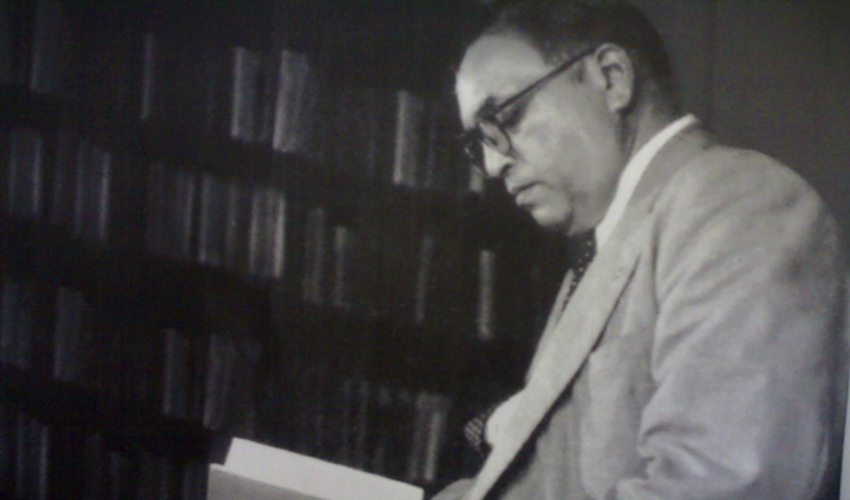
|
1936 |
| Annihilation of Caste: Part 2 | |
| 1936 | |

|
1936 |
| A Reflection of His Age: Munshi Premchand on the True Purpose of Literature | |
| 1936 Modern Review | |
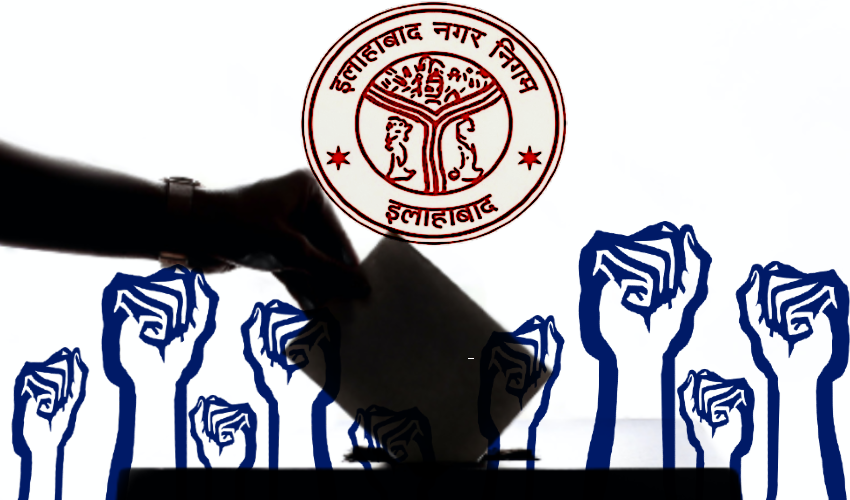
|
1936 |
| The Modern Review Special: The Defeat of a Dalit Candidate in a 1936 Municipal Election | |
| 1937 Modern Review | |
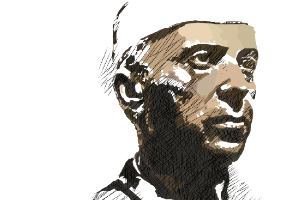
|
1937 |
| The Modern Review Special: Rashtrapati | |
| 1938 | |
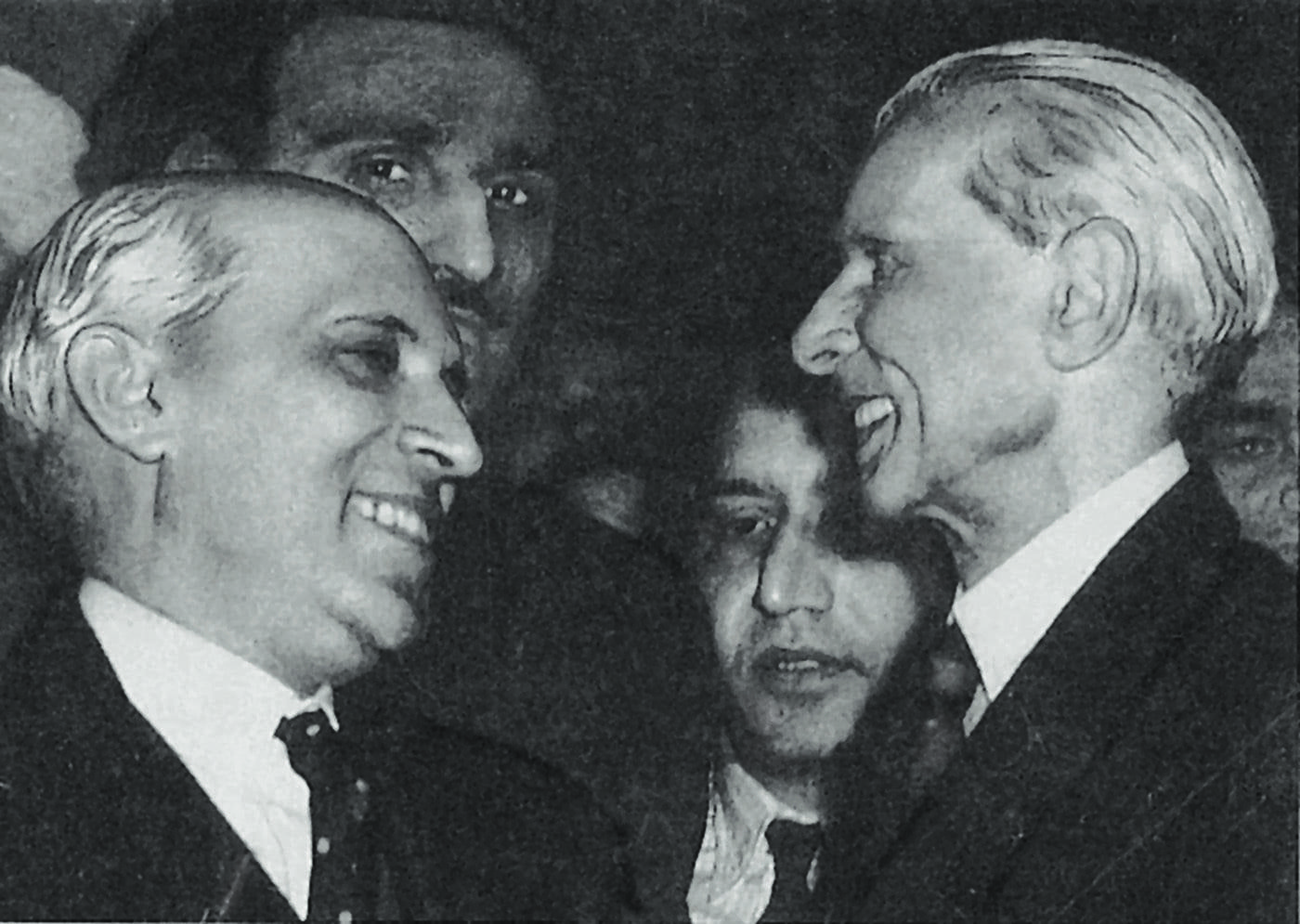
|
1938 |
| Great Debates: Nehru Vs. Jinnah (1938) | |
| 1942 Modern Review | |
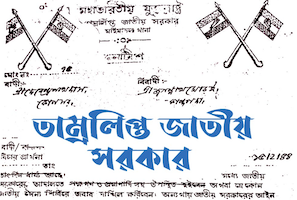
|
1942 |
| IHC Uncovers: A Parallel Government In British India (Part 1) | |
| 1942-1945 | |
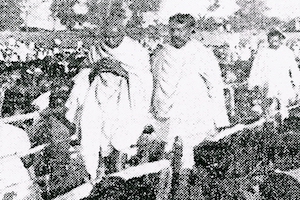
|
1942-1945 |
| IHC Uncovers: A Parallel Government in British India (Part 2) | |
| 1946 | |
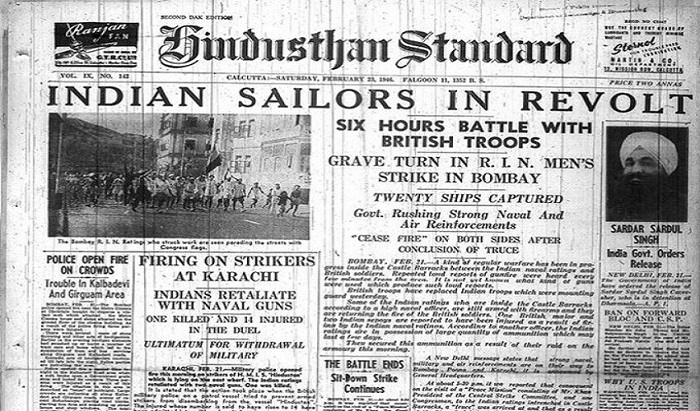
|
1946 |
| Our Last War of Independence: The Royal Indian Navy Mutiny of 1946 | |
| 1946 | |
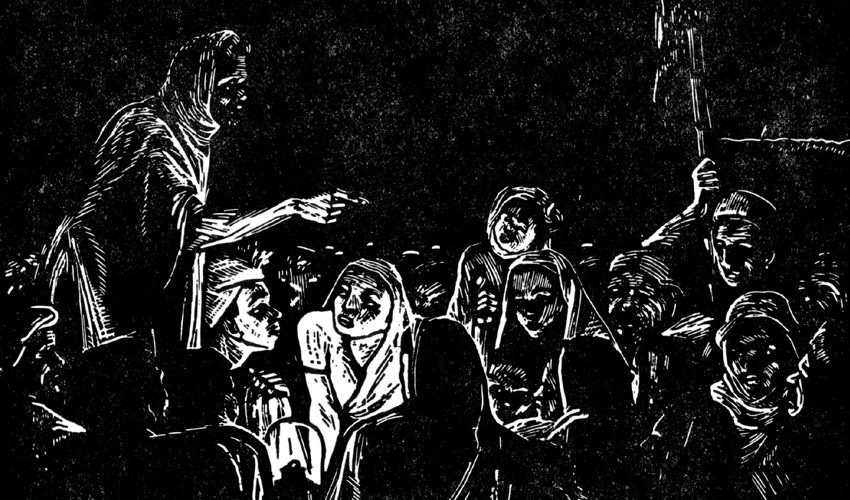
|
1946 |
| An Artist’s Account of the Tebhaga Movement in Pictures And Prose | |
| 1946 – 1947 | |
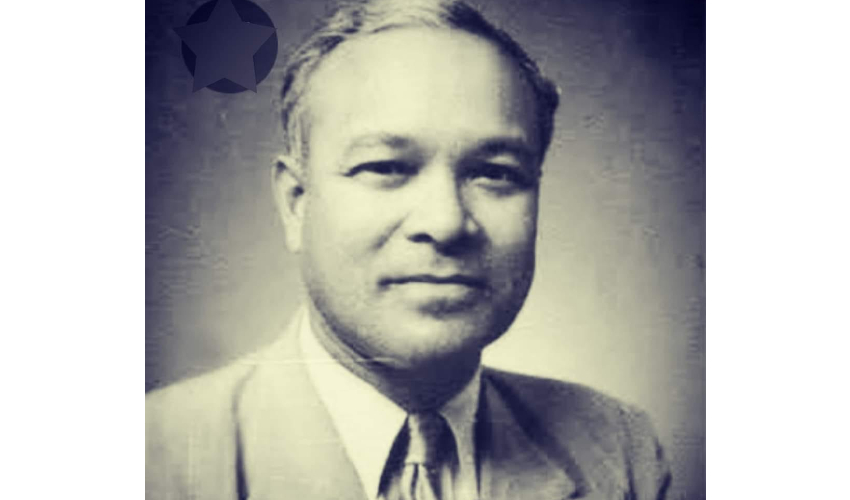
|
1946 – 1947 |
| “The Most Democratic People on Earth” : An Adivasi Voice in the Constituent Assembly | |
| 1946-1947 | |
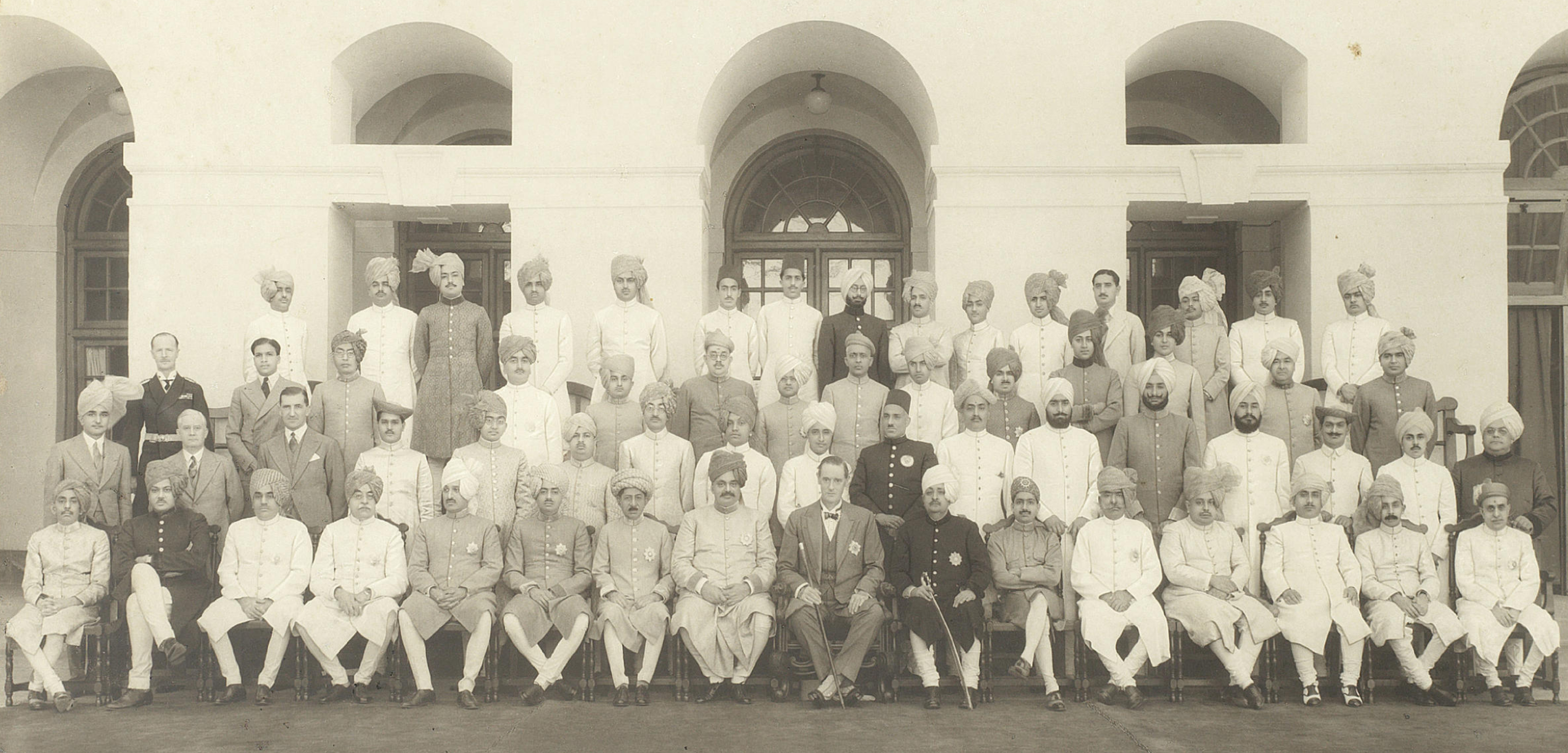
|
1946-1947 |
| VP Menon and the Birth of Independent India | |
| 1916 - 1947 | |
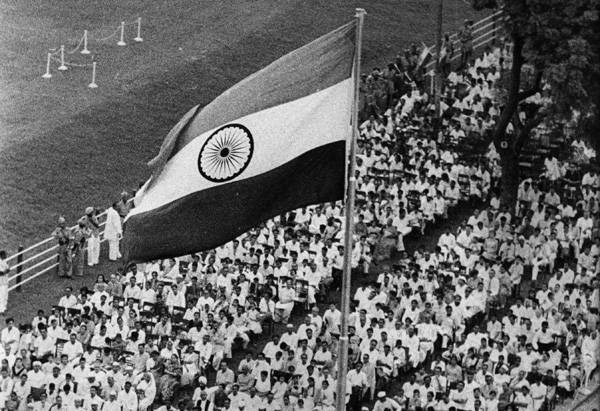
|
1916 - 1947 |
| 8 @ 75: 8 Speeches Independent Indians Must Read | |
| 1947-1951 | |
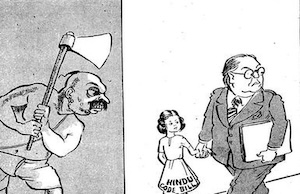
|
1947-1951 |
| Ambedkar Cartoons: The Joke’s On Us | |
| 1948 | |

|
1948 |
| “My Father, Do Not Rest” | |
| 1940-1960 | |

|
1940-1960 |
| Integration Myth: A Silenced History of Hyderabad | |
| 1948 | |
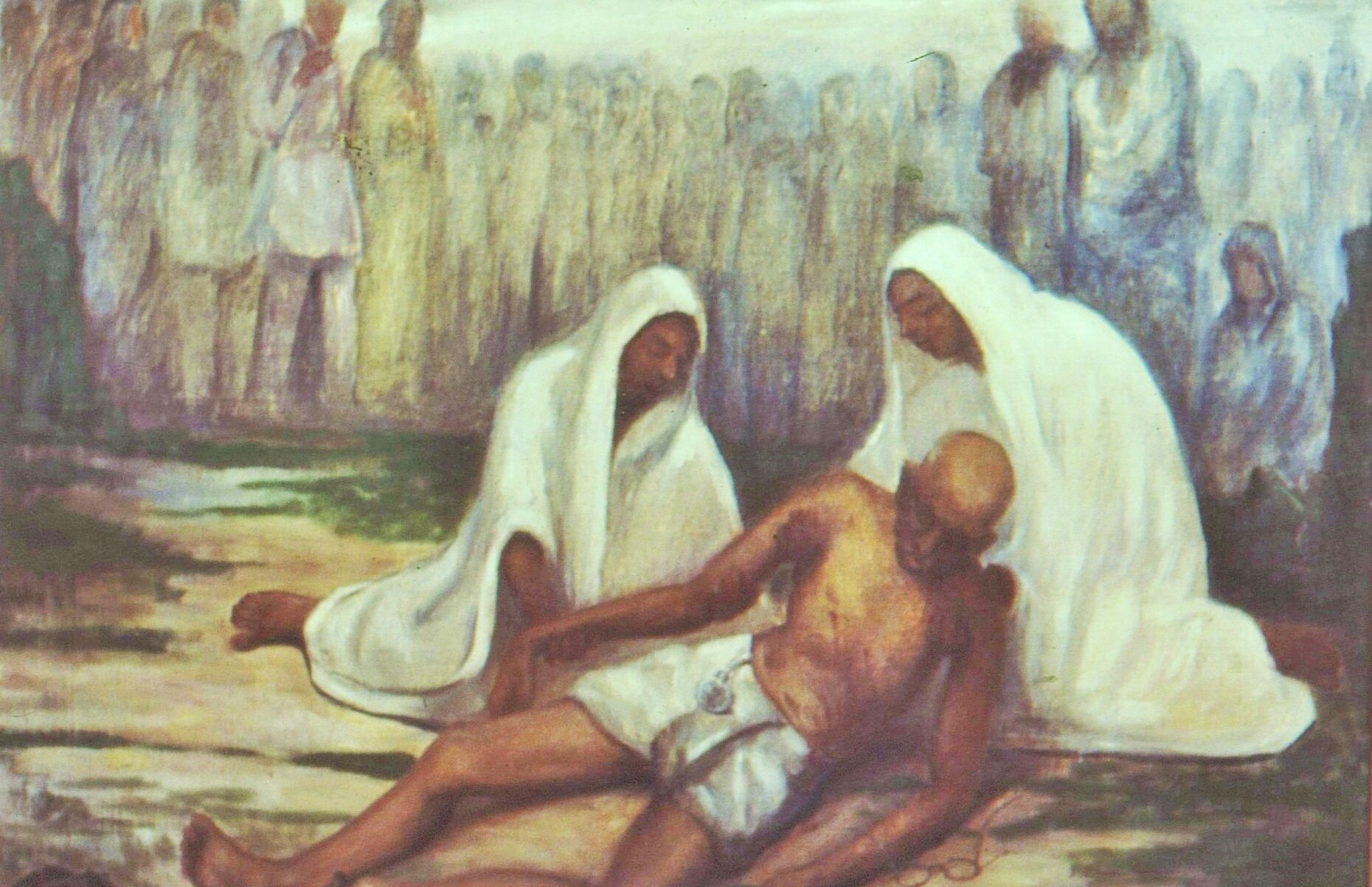
|
1948 |
| The Assassination of a Mahatma, the Princely States and the ‘Hindu’ Nation | |
| 1949 | |
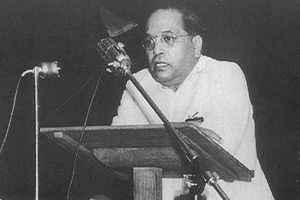
|
1949 |
| Ambedkar warns against India becoming a ‘Democracy in Form, Dictatorship in Fact’ | |
| 1950 | |
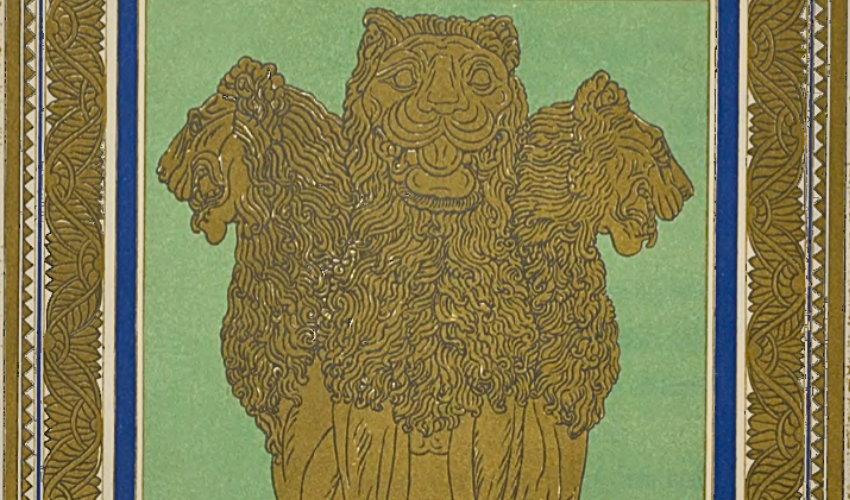
|
1950 |
| Illustrations from the constitution | |
| 1951 | |
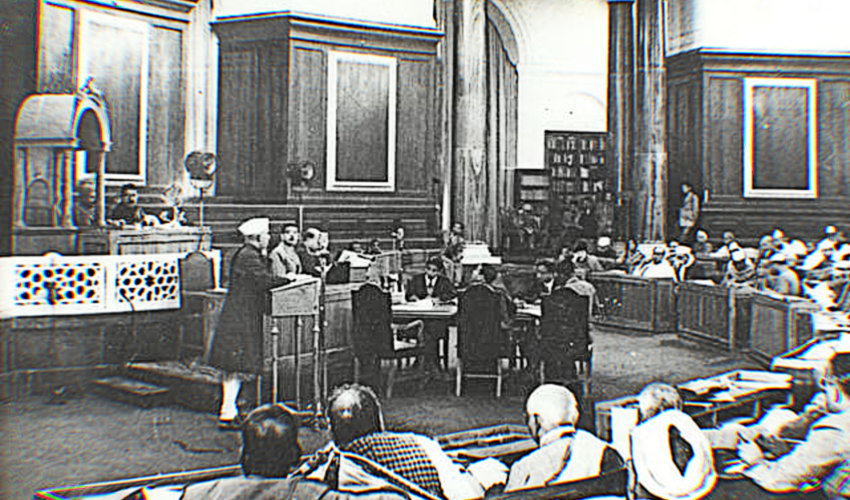
|
1951 |
| How the First Amendment to the Indian Constitution Circumscribed Our Freedoms & How it was Passed | |
| 1967 | |
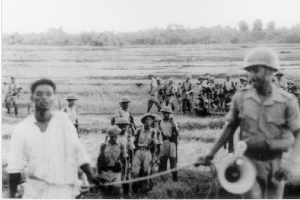
|
1967 |
| Once Upon A Time In Naxalbari | |
| 1970 | |
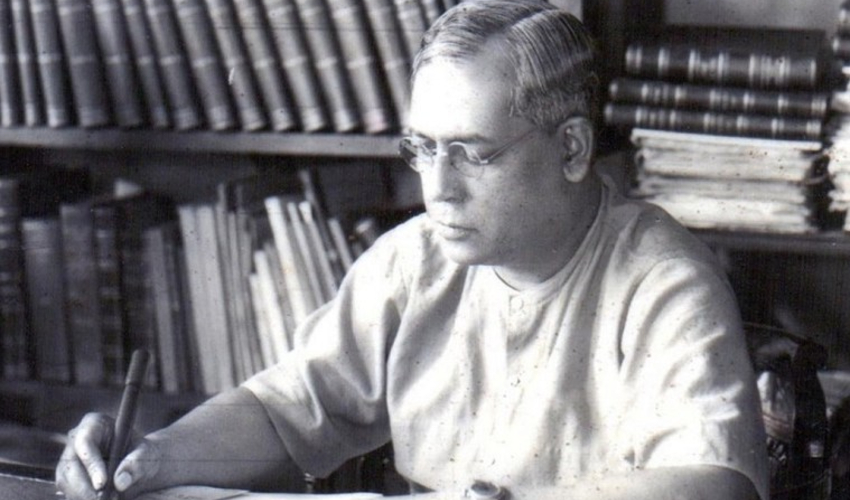
|
1970 |
| R.C. Majumdar on Shortcomings in Indian Historiography | |
| 1973 - 1993 | |
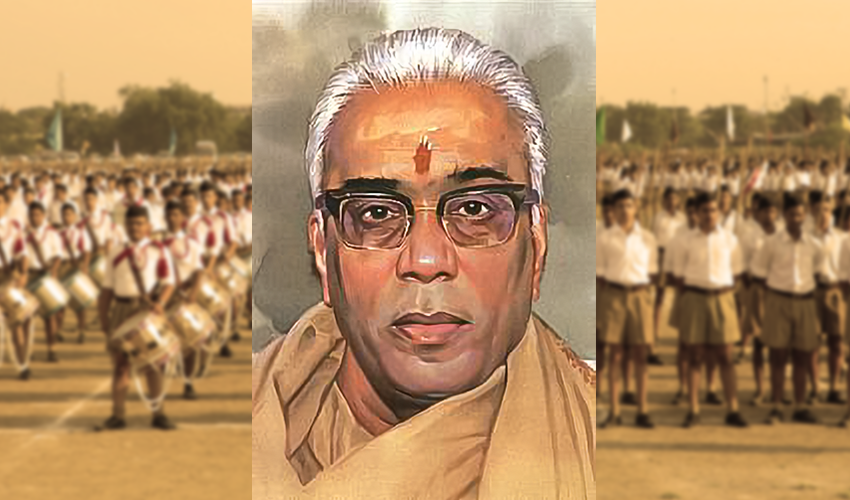
|
1973 - 1993 |
| Balasaheb Deoras: Kingmaker of the Sangh | |
| 1975 | |
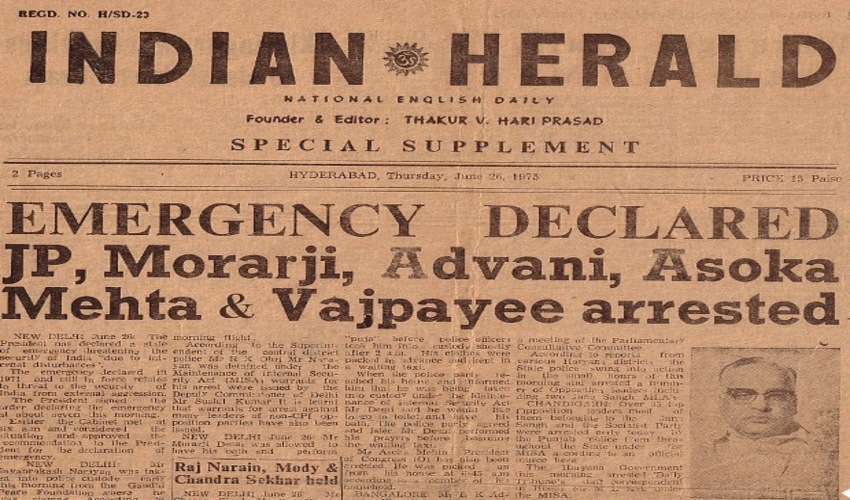
|
1975 |
| The Emergency Package: Shadow Power | |
| 1975 | |
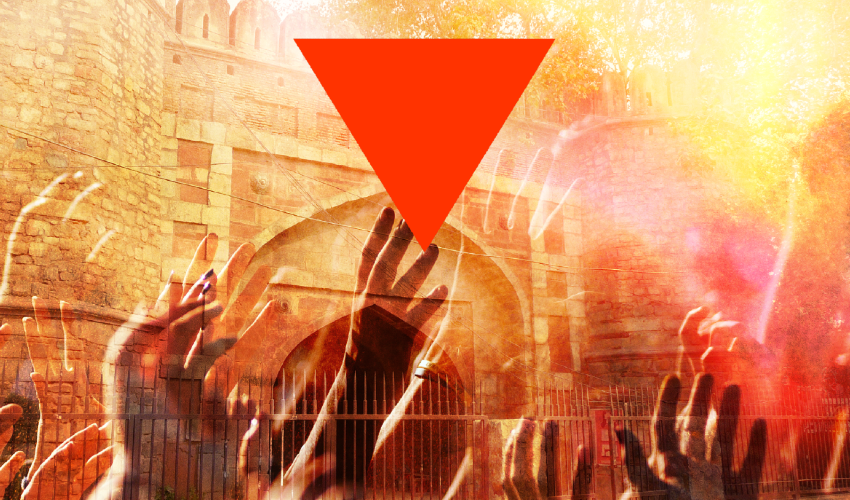
|
1975 |
| The Emergency Package: The Prehistory of Turkman Gate – Population Control | |
| 1977 – 2011 | |
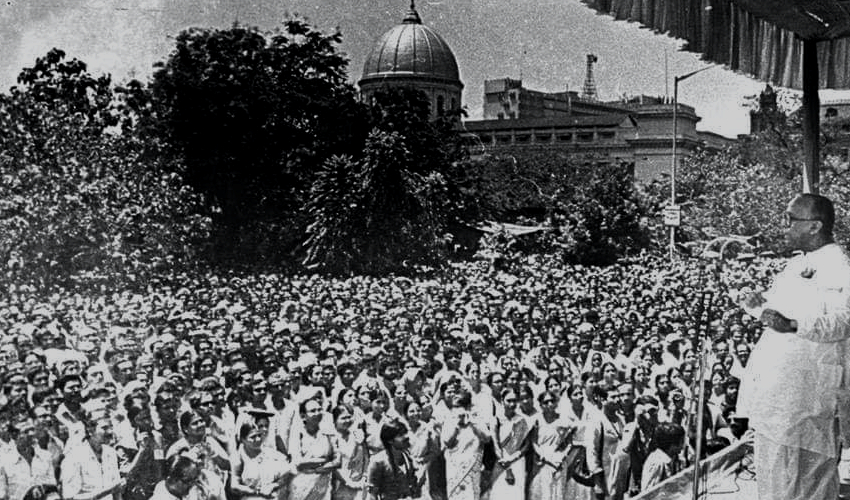
|
1977 – 2011 |
| Power is an Unforgiving Mistress: Lessons from the Decline of the Left in Bengal | |
| 1984 | |
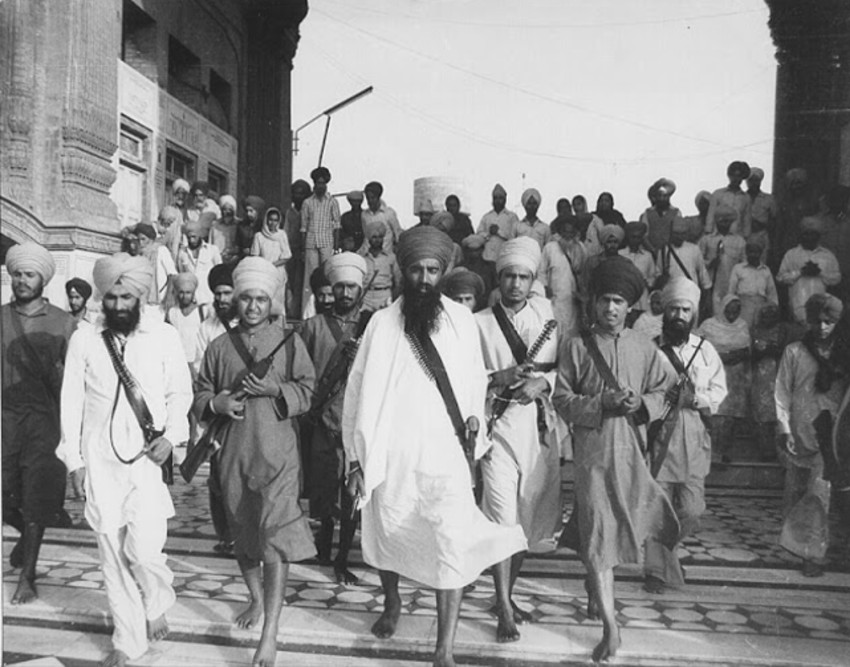
|
1984 |
| Mrs Gandhi’s Final Folly: Operation Blue Star | |
| 1916-2004 | |
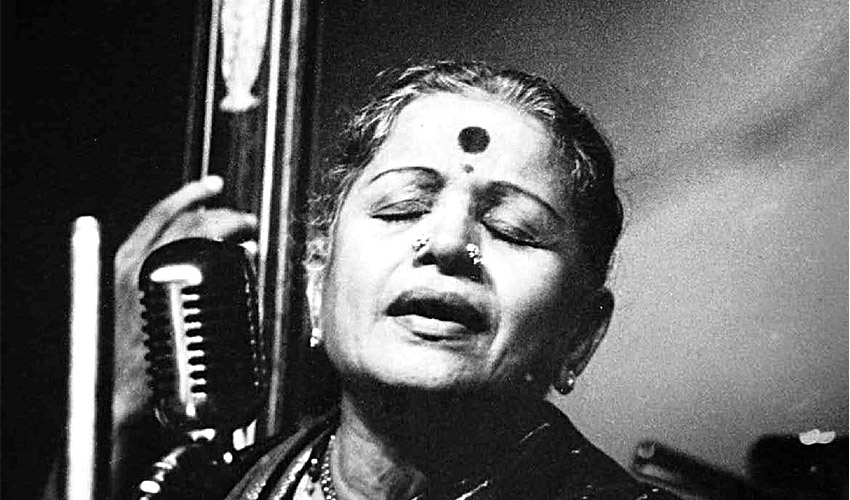
|
1916-2004 |
| Amjad Ali Khan on M.S. Subbulakshmi: “A Glorious Chapter for Indian Classical Music” | |
| 2008 | |
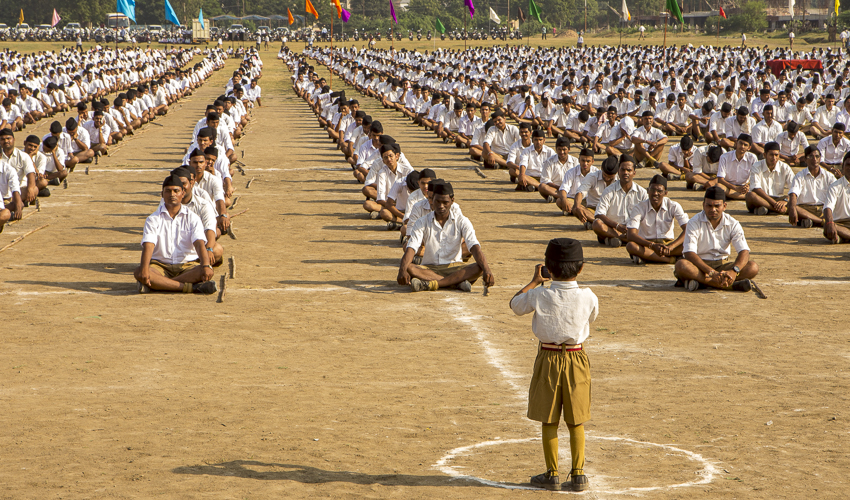
|
2008 |
| Whose History Textbook Is It Anyway? | |
| 2006 - 2009 | |
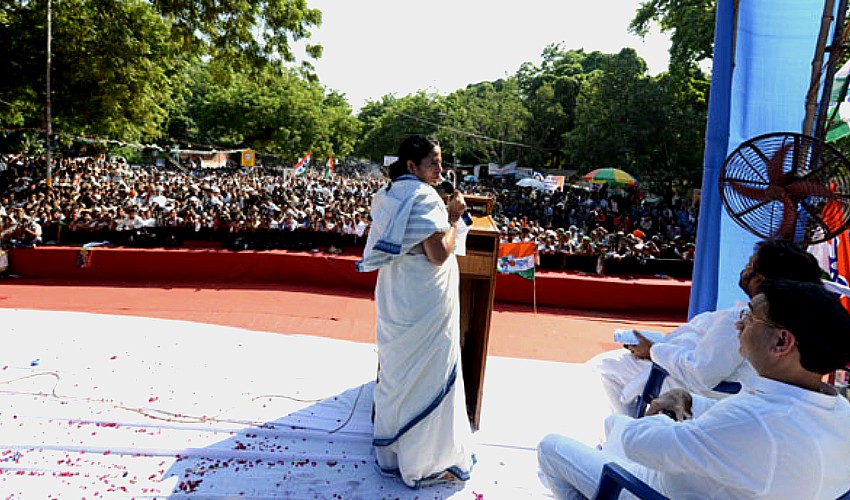
|
2006 - 2009 |
| Singur-Nandigram-Lalgarh: Movements that Remade Mamata Banerjee | |
| 2020 | |
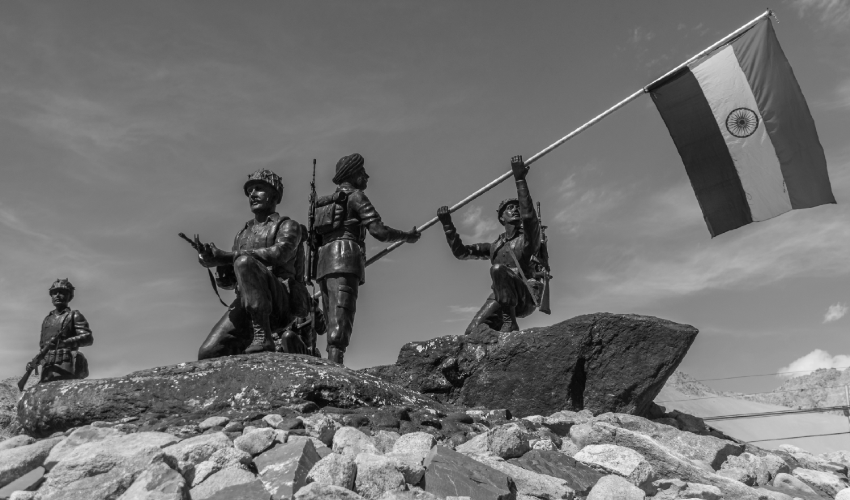
|
2020 |
| The Indo-China Conflict: 10 Books We Need To Read | |
| 2021 | |
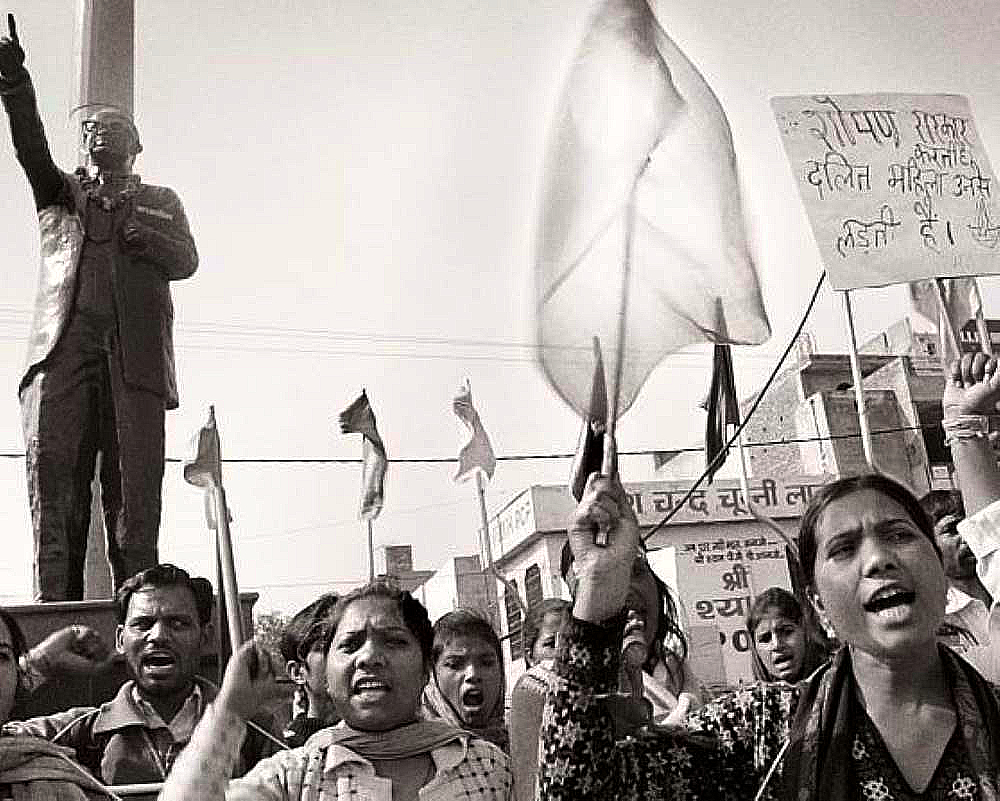
|
2021 |
| Singing/Writing Liberation: Dalit Women’s Narratives | |
Fascinating ! The definition of ram rajya was an eye opener. Loved and learnt a lot while going through the write up.
Learnt a lot , so nice of u to compiled all these ,made available . Thankyou sir